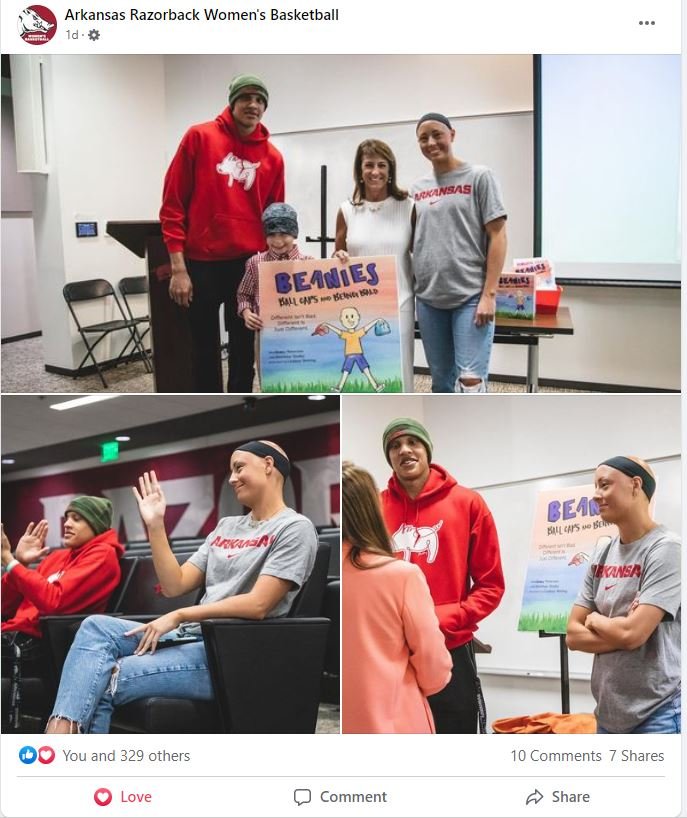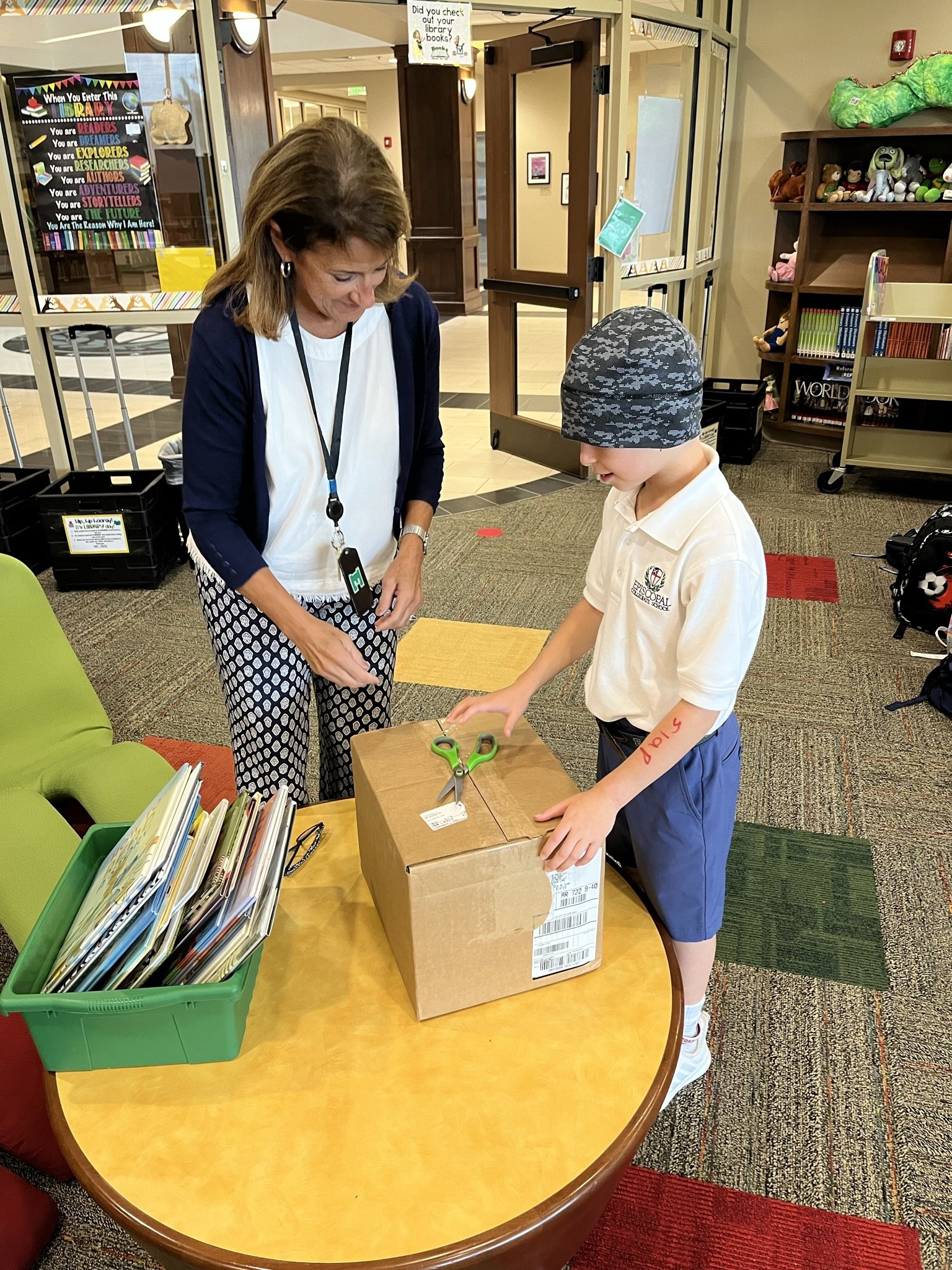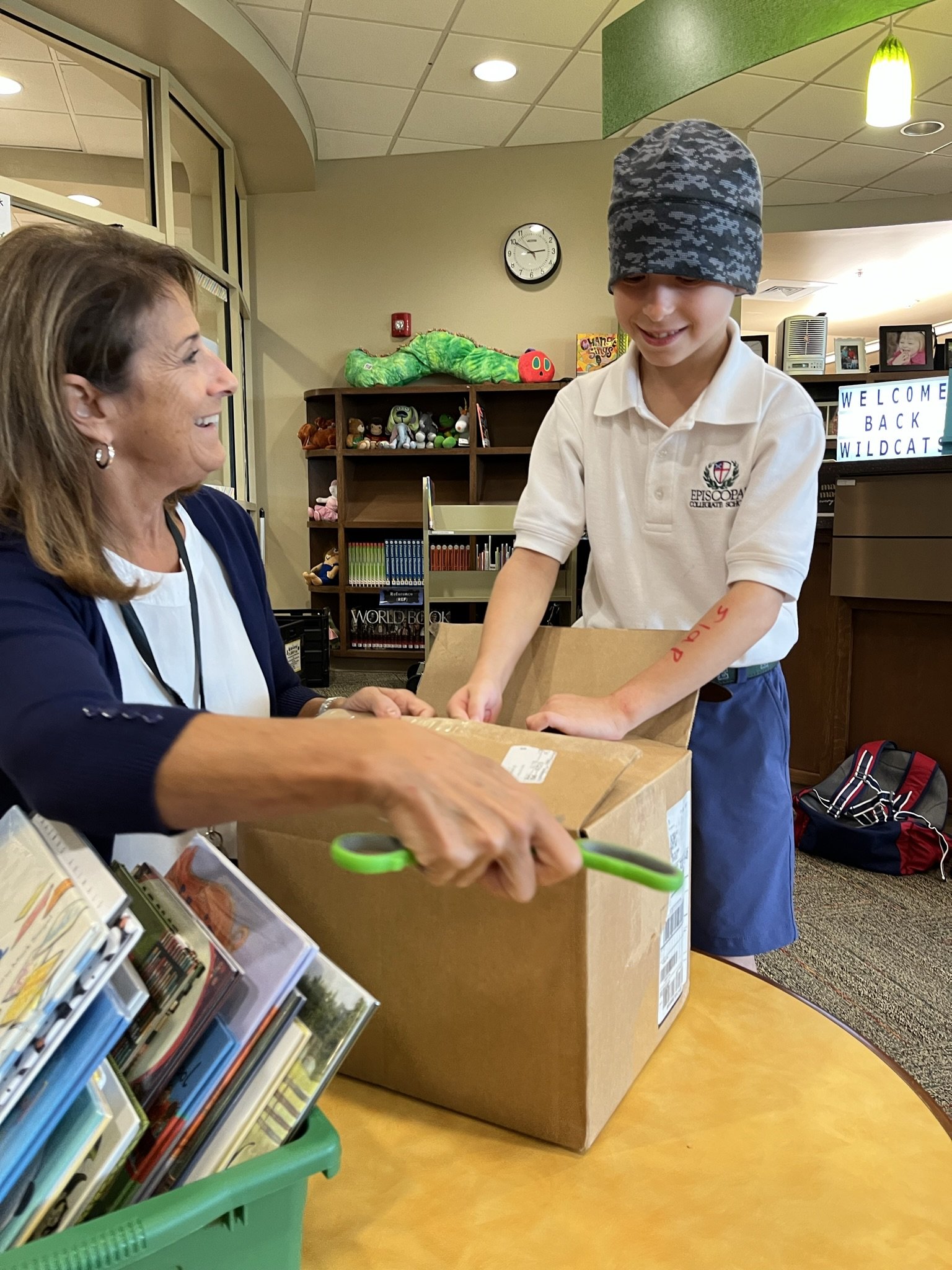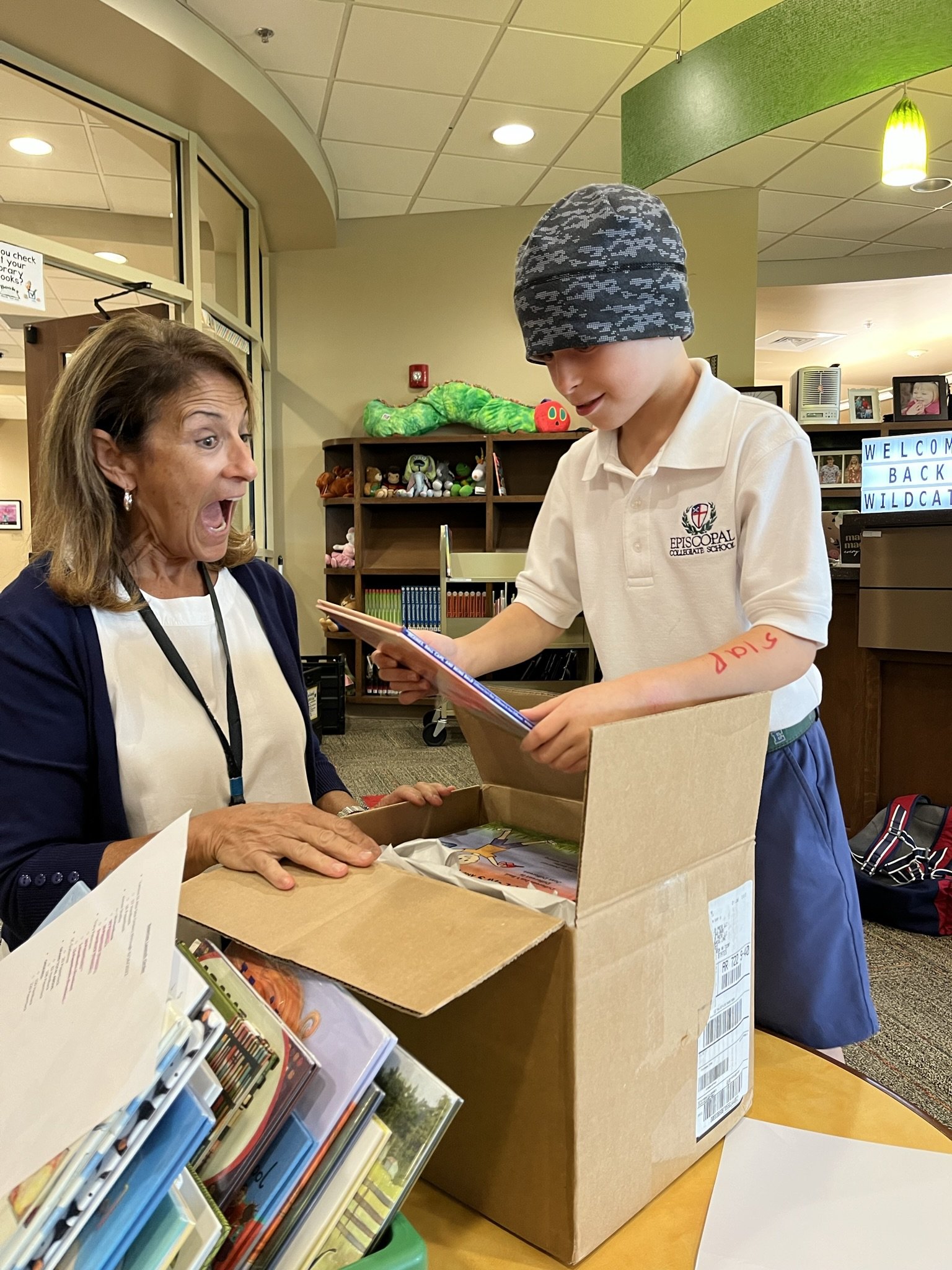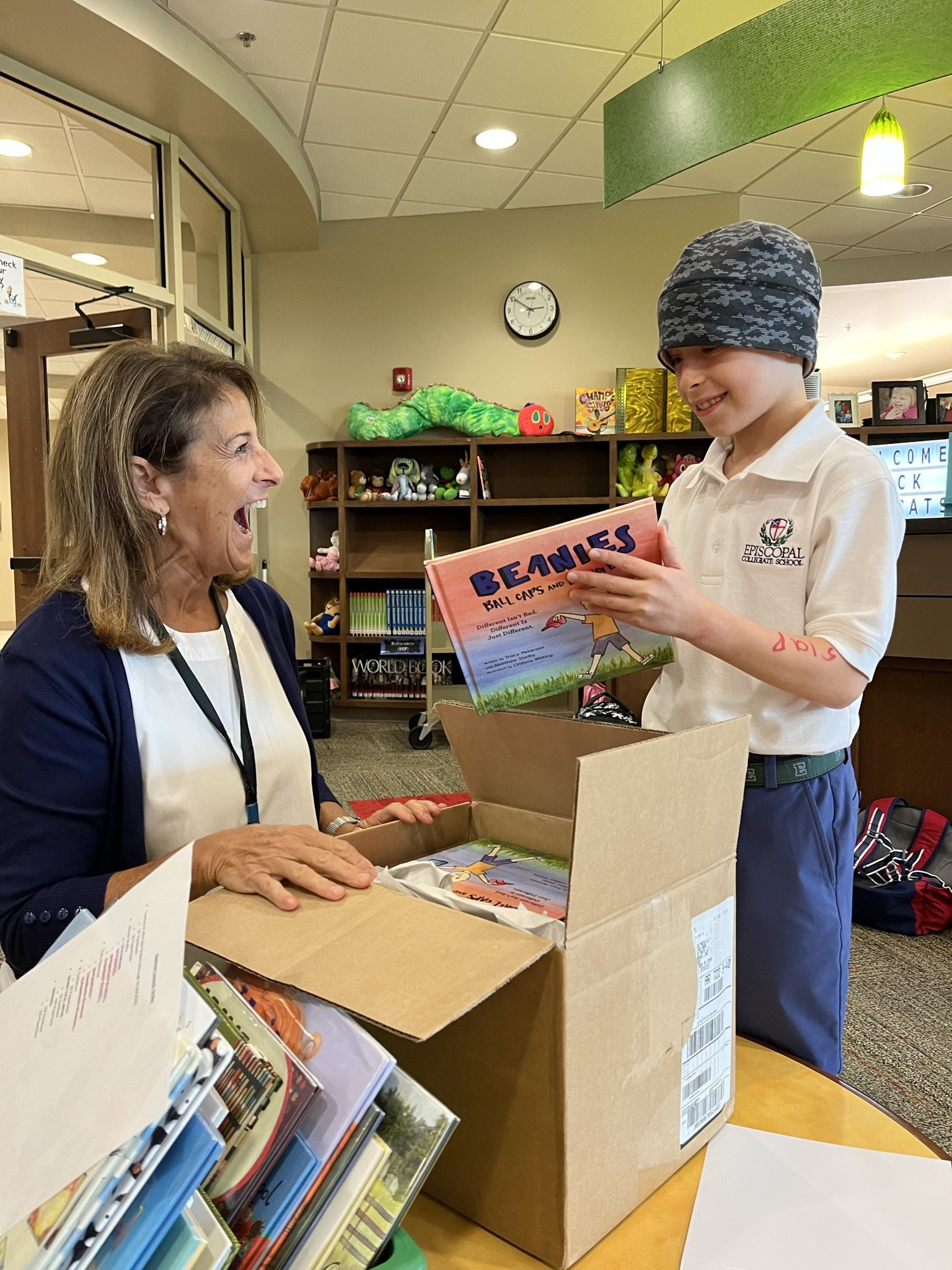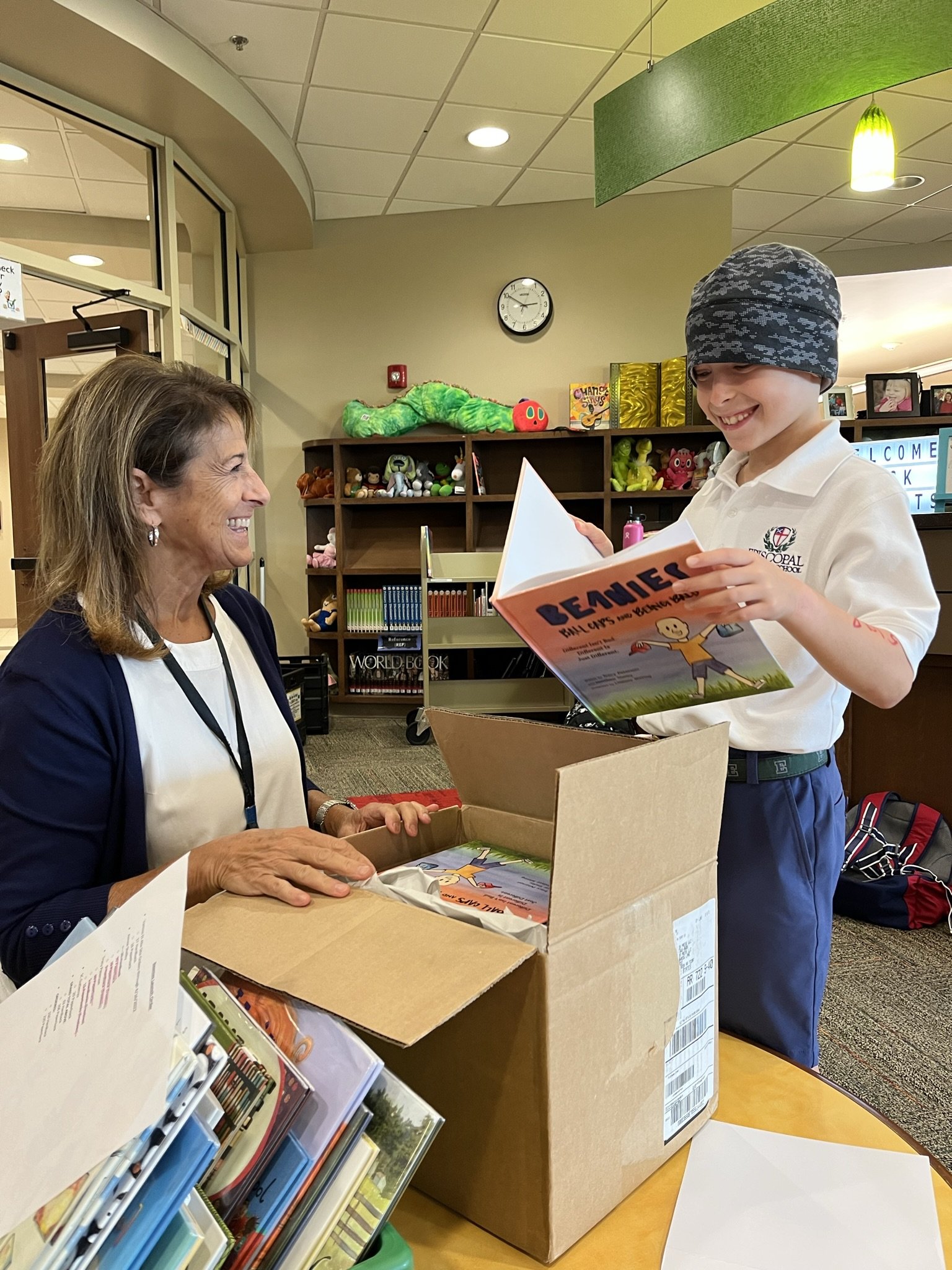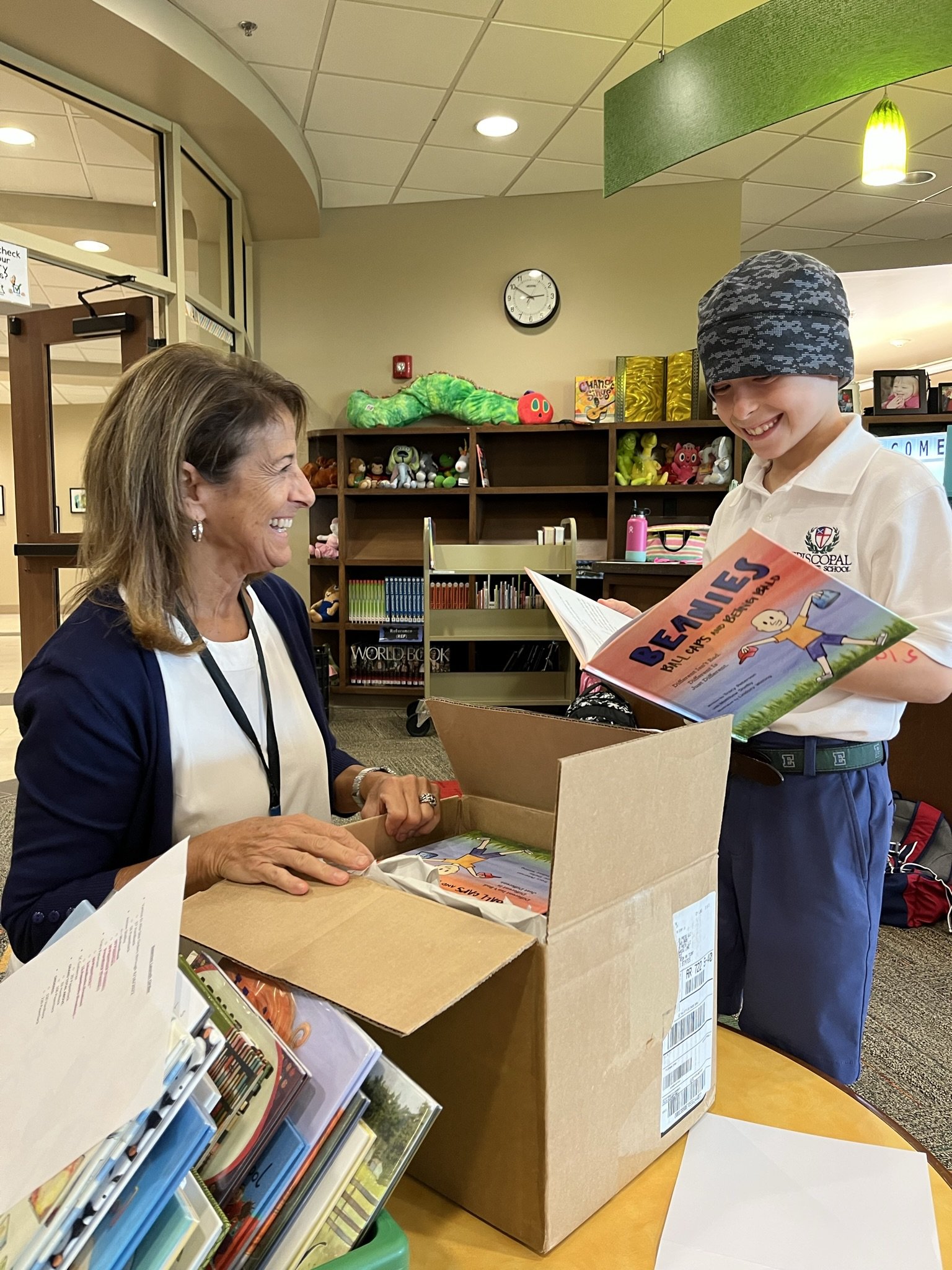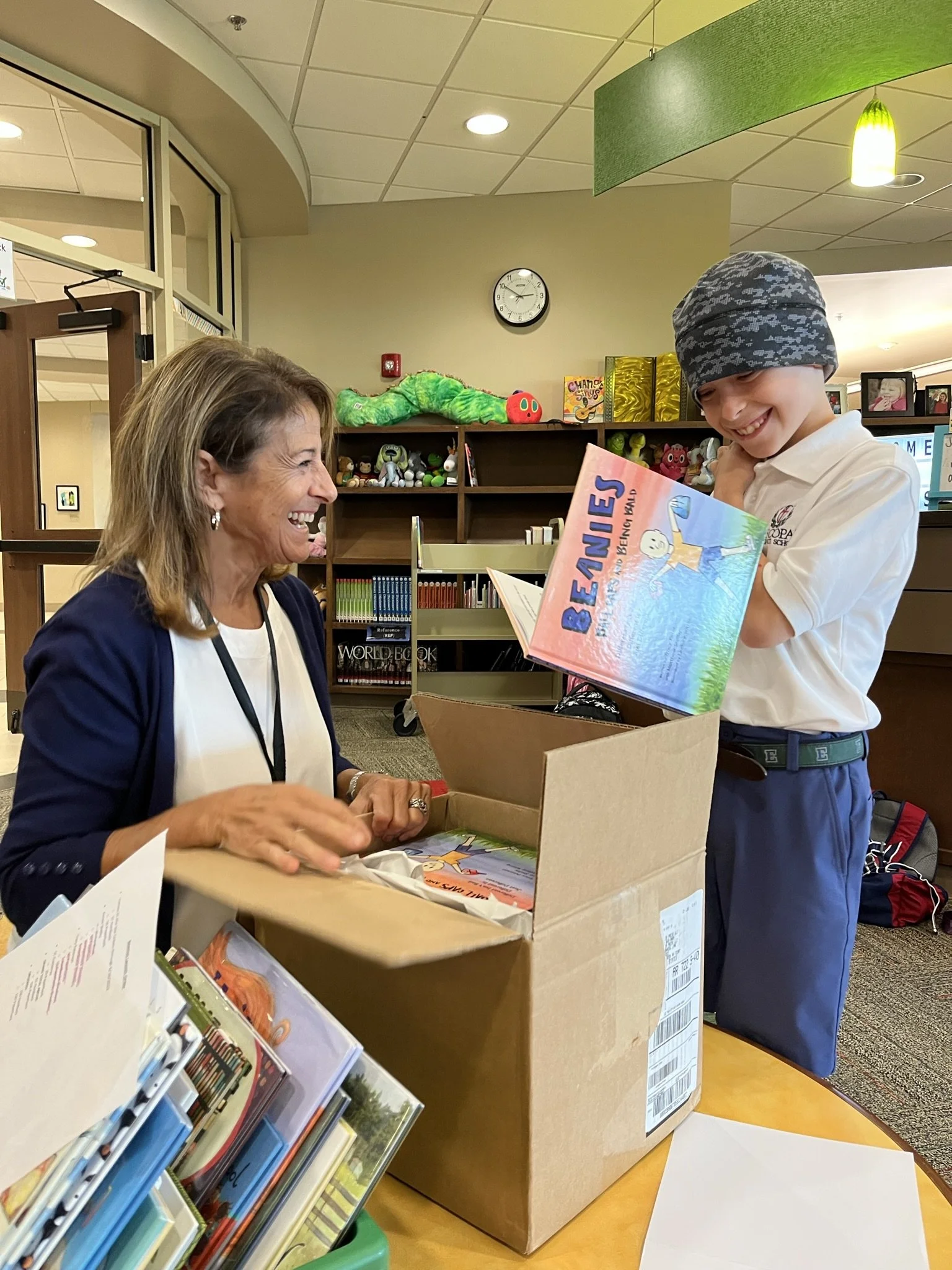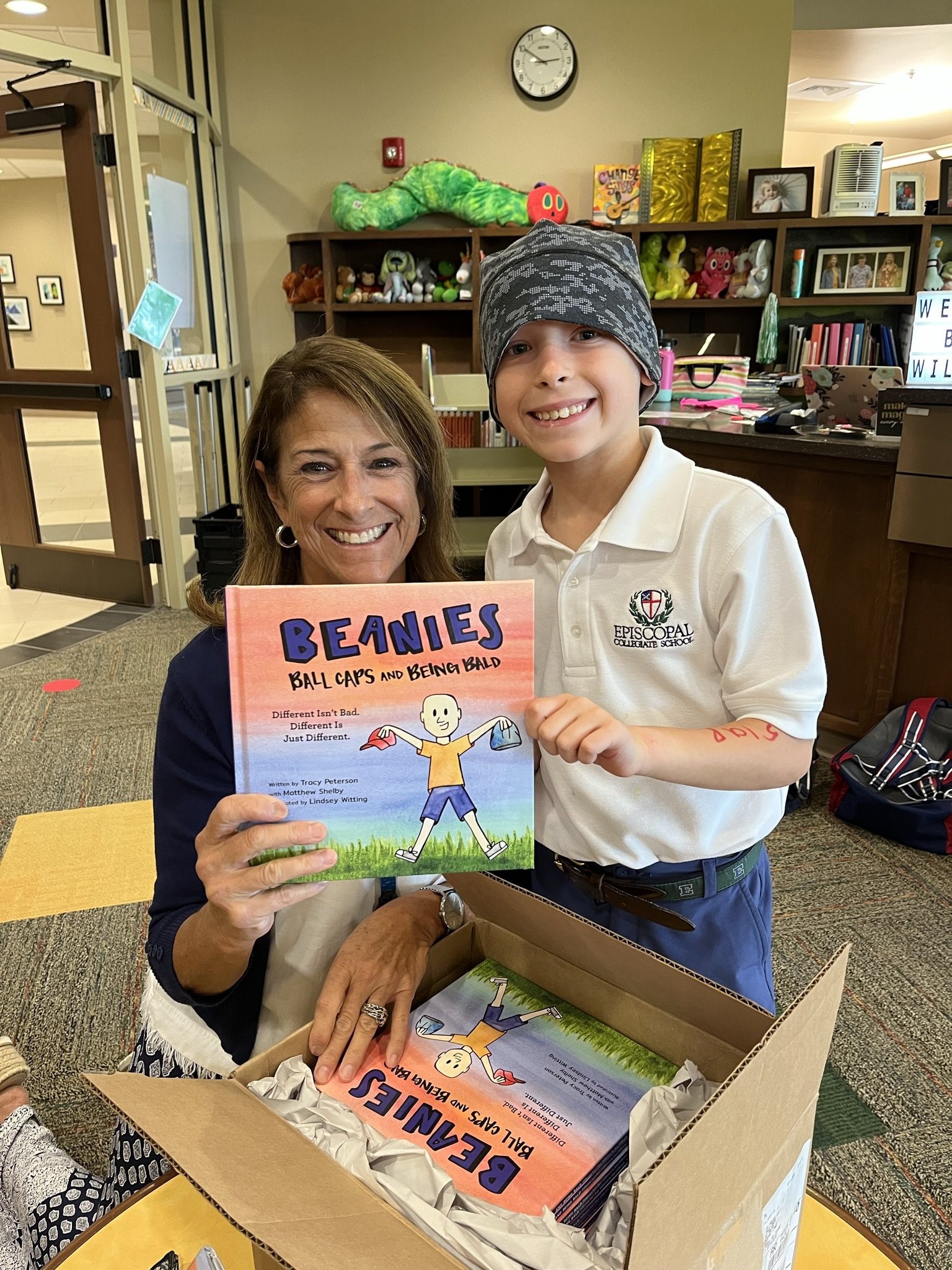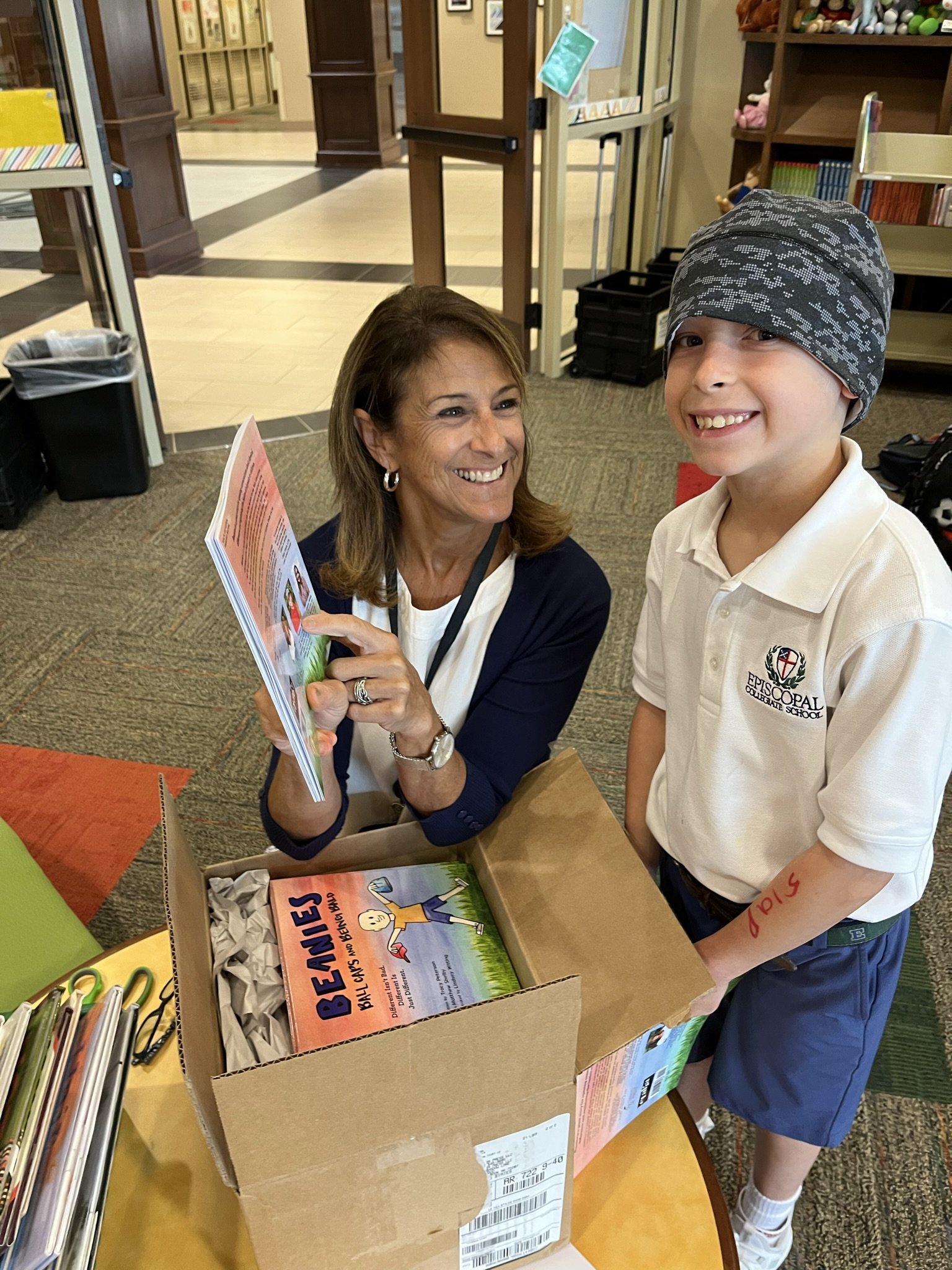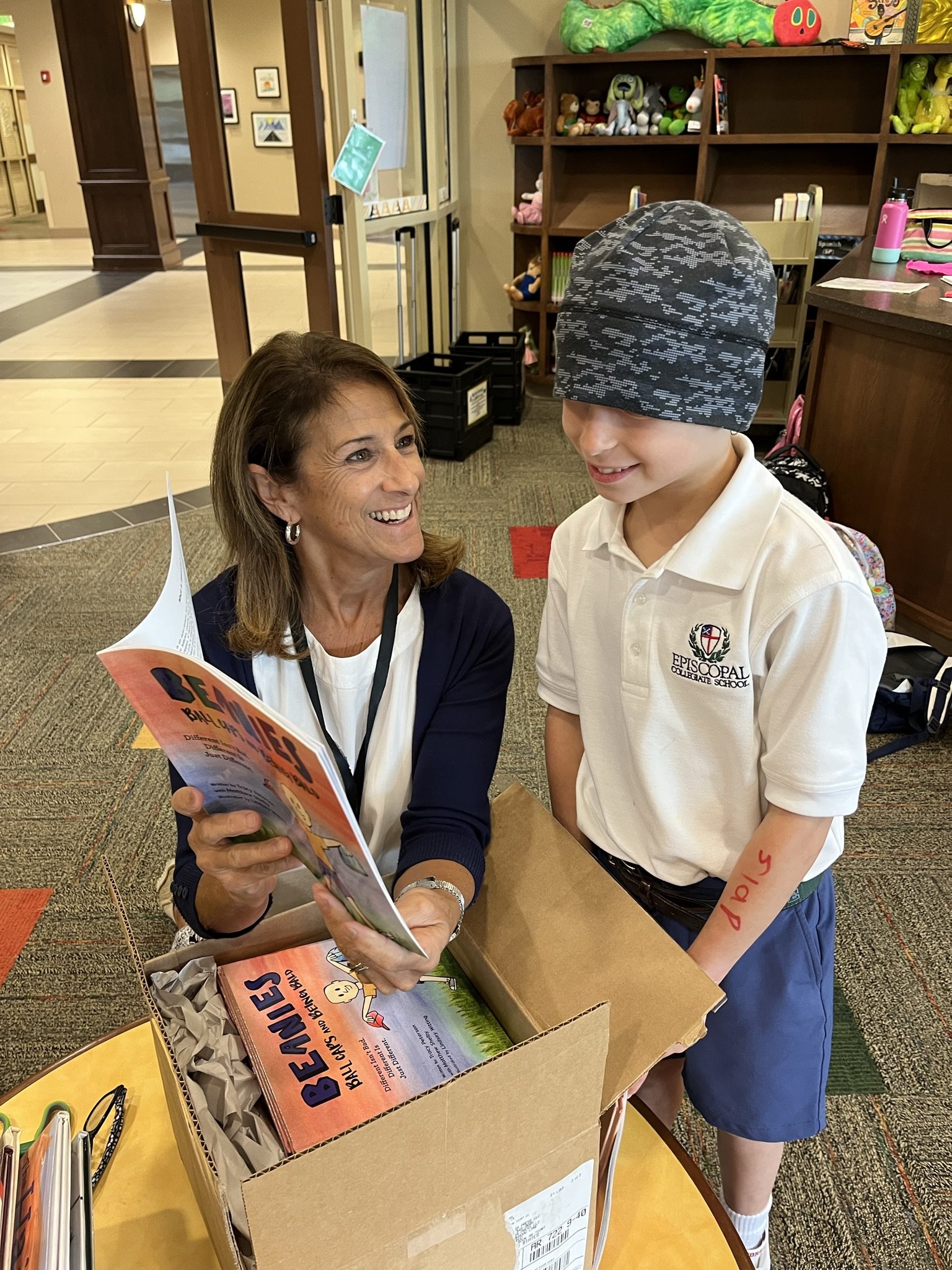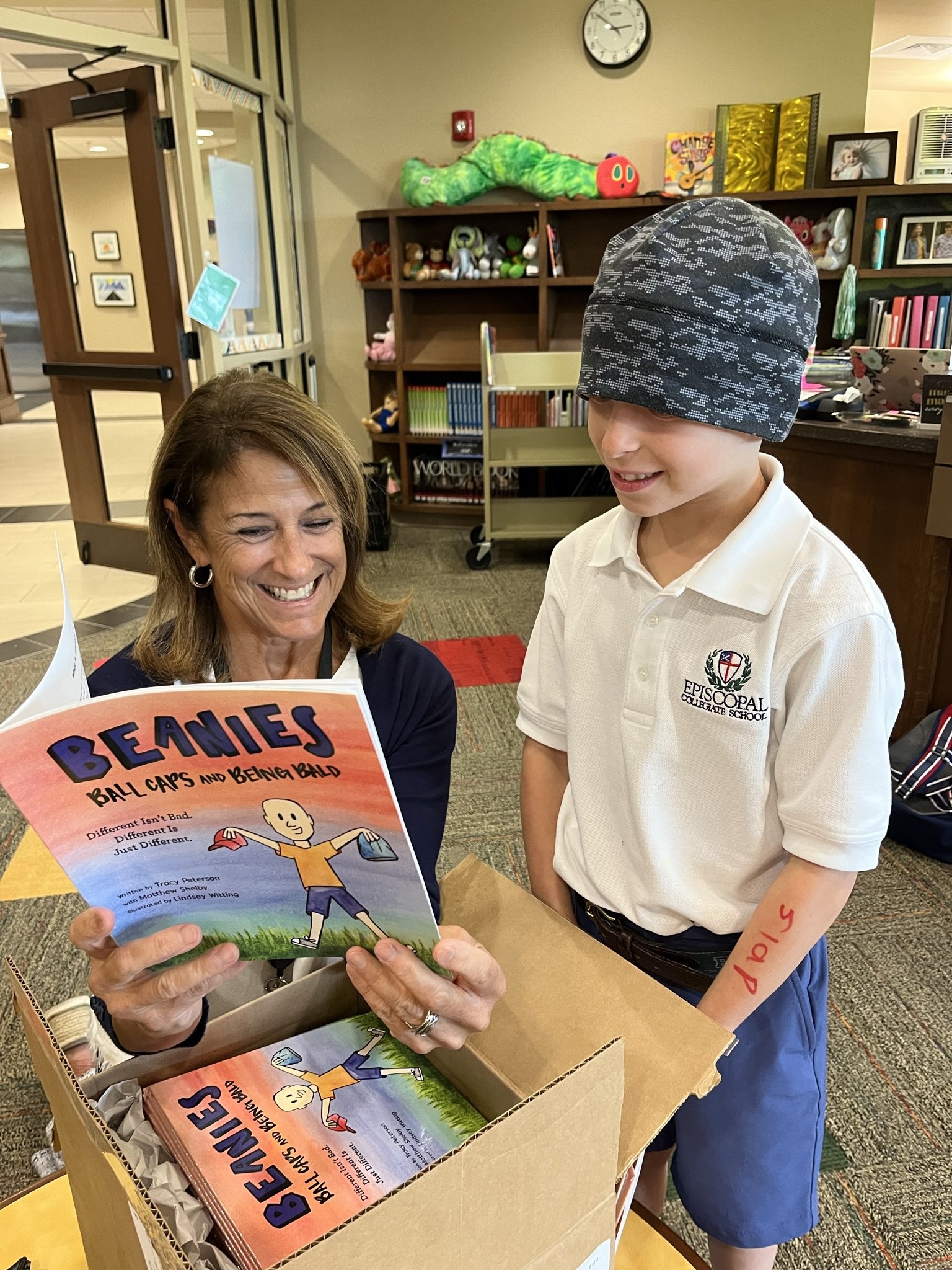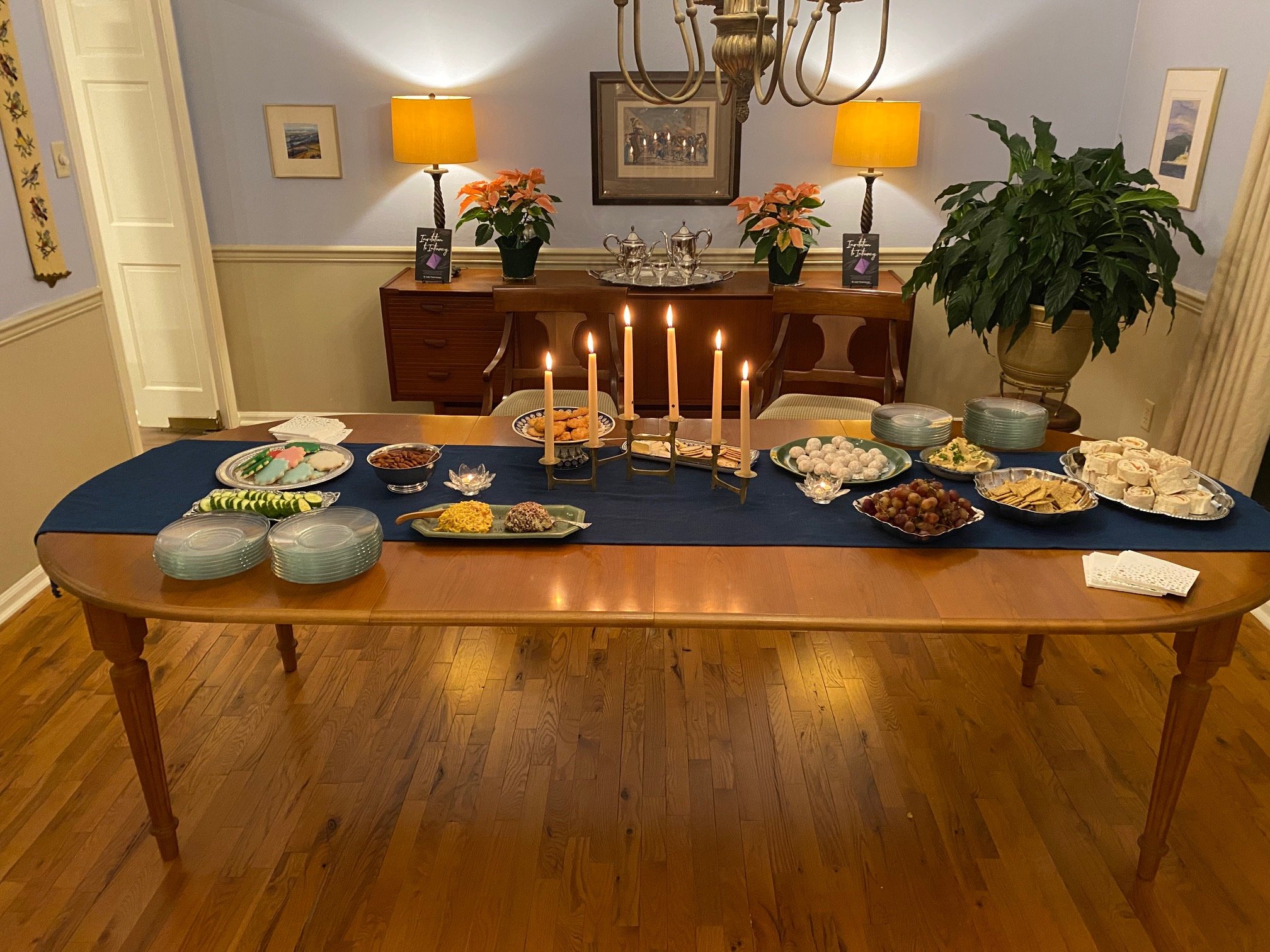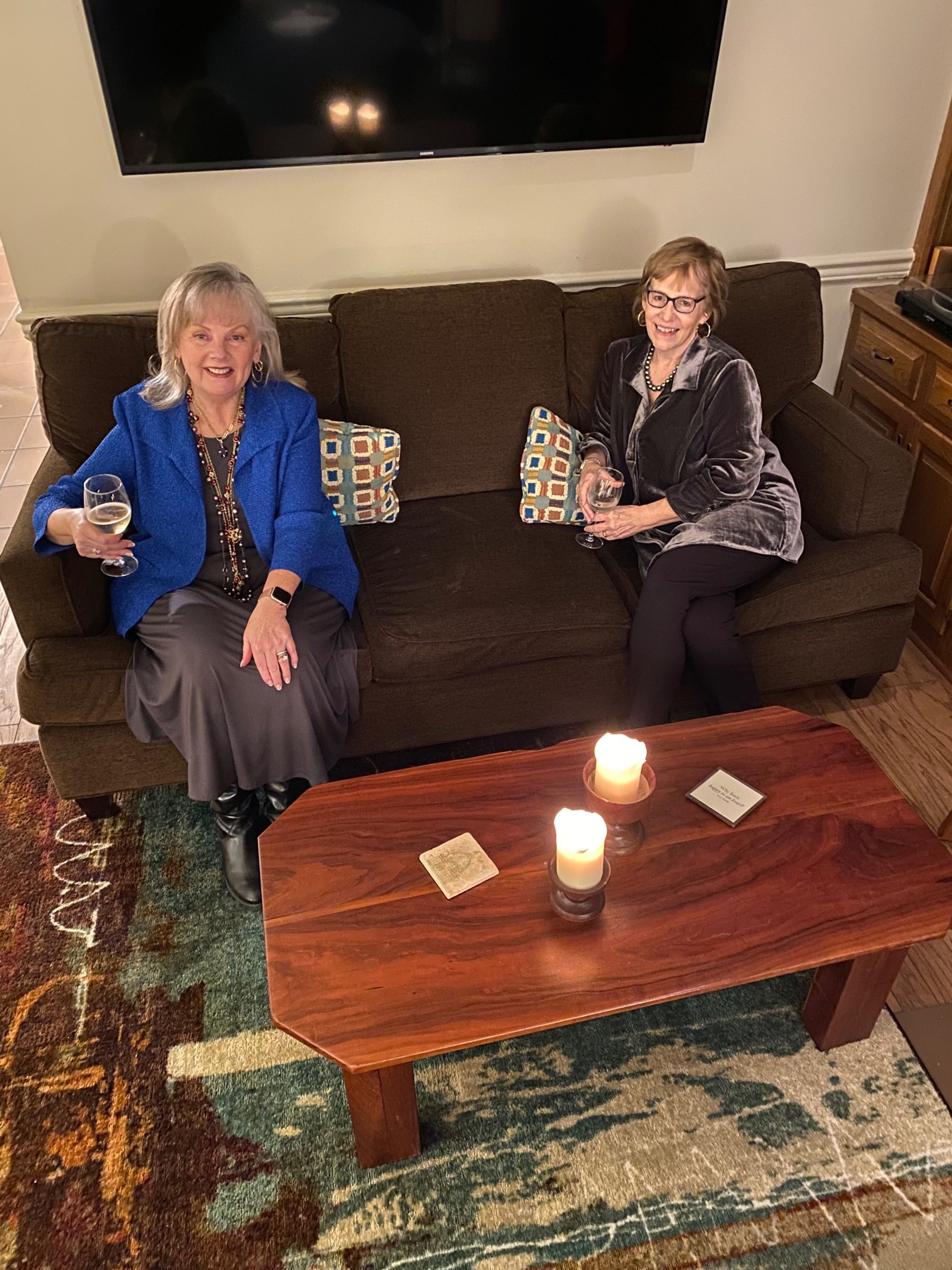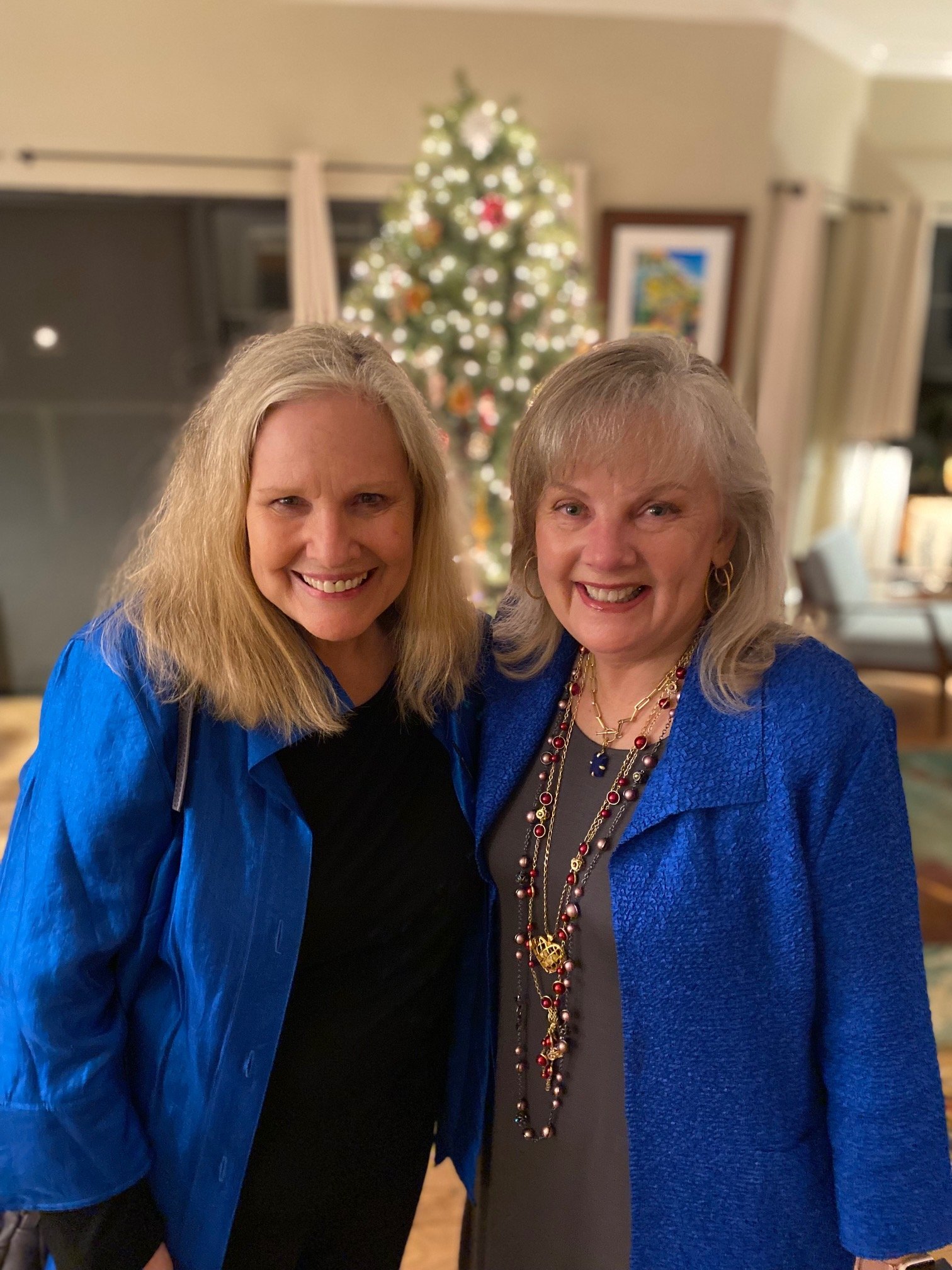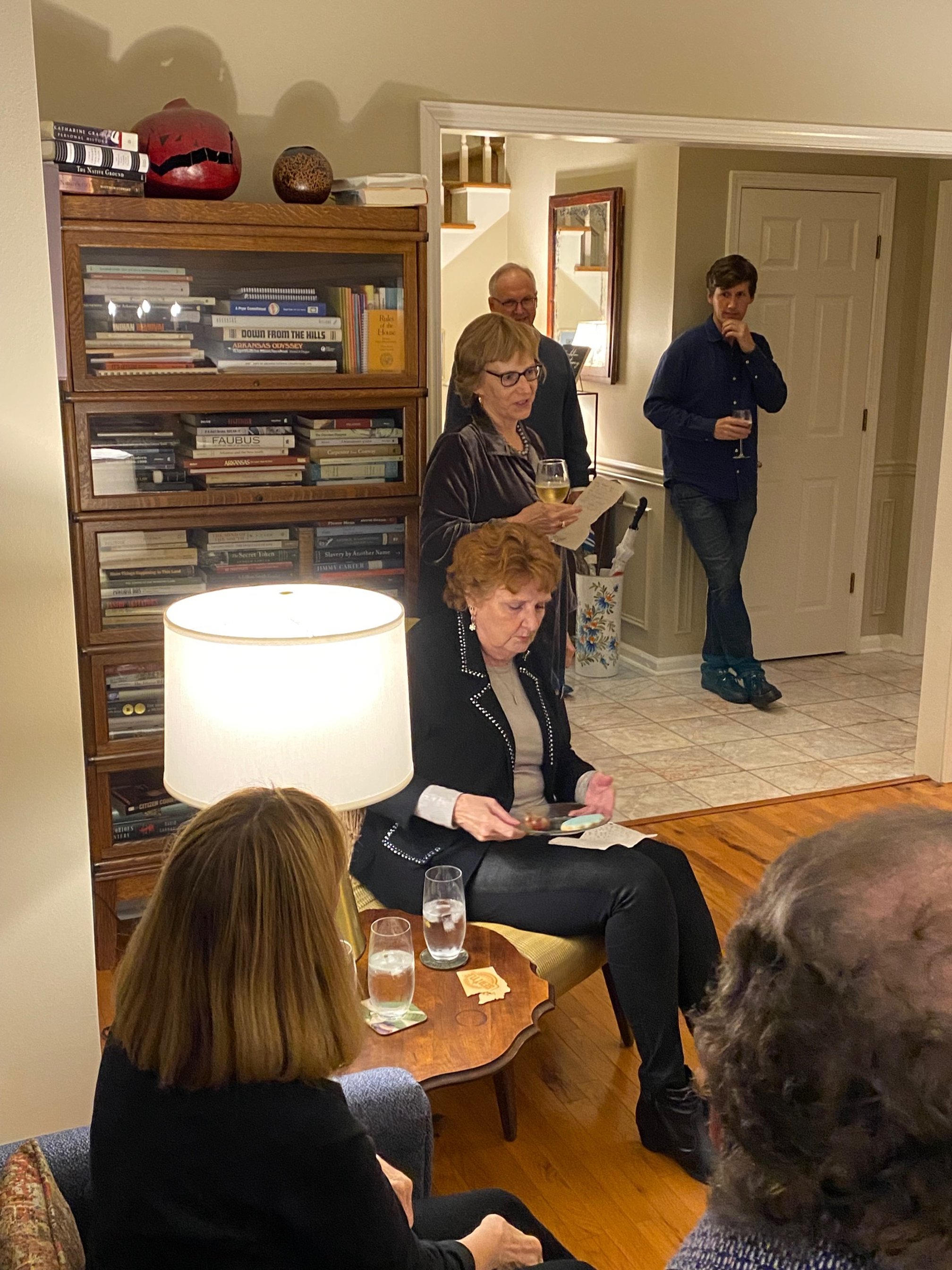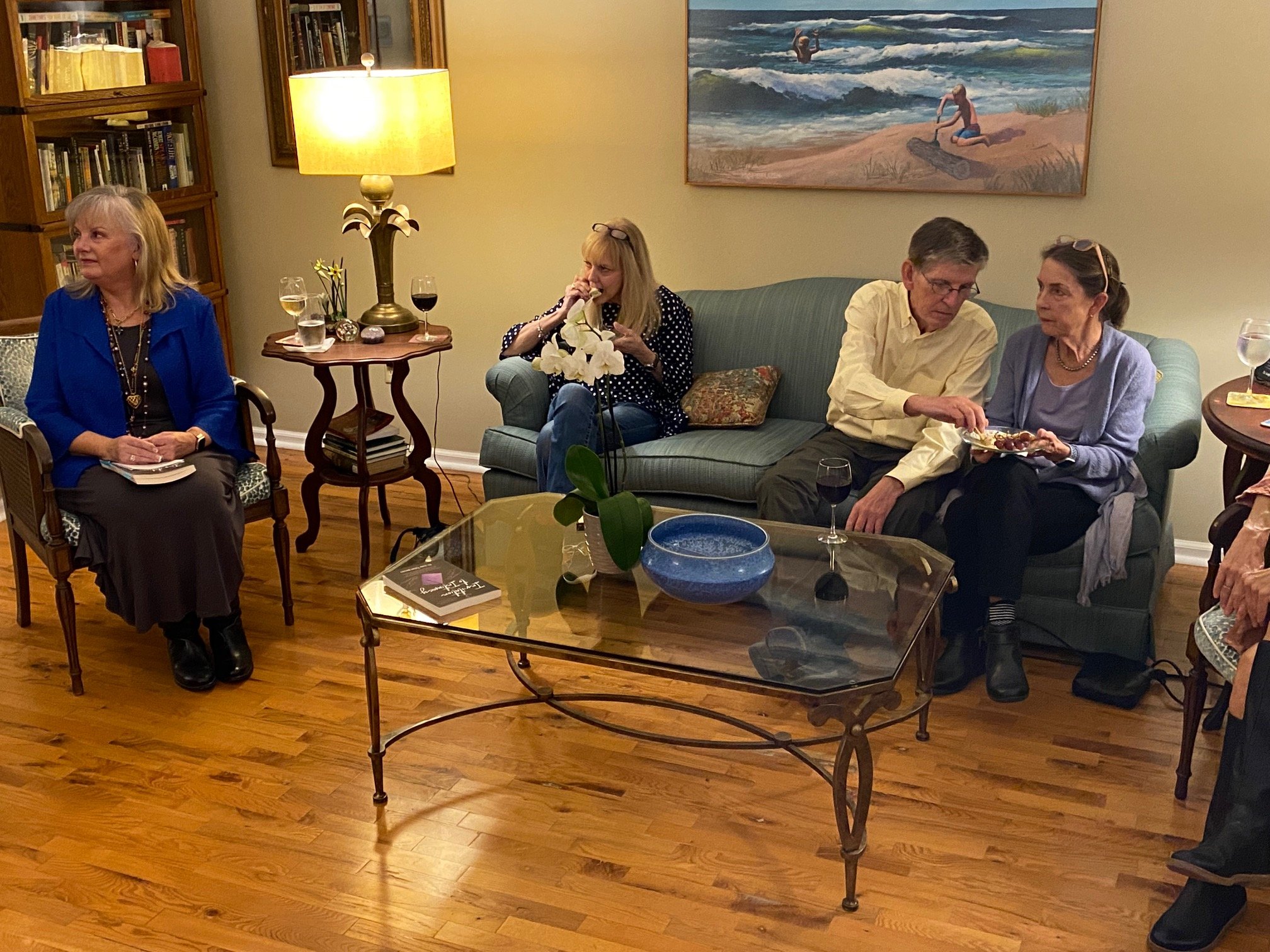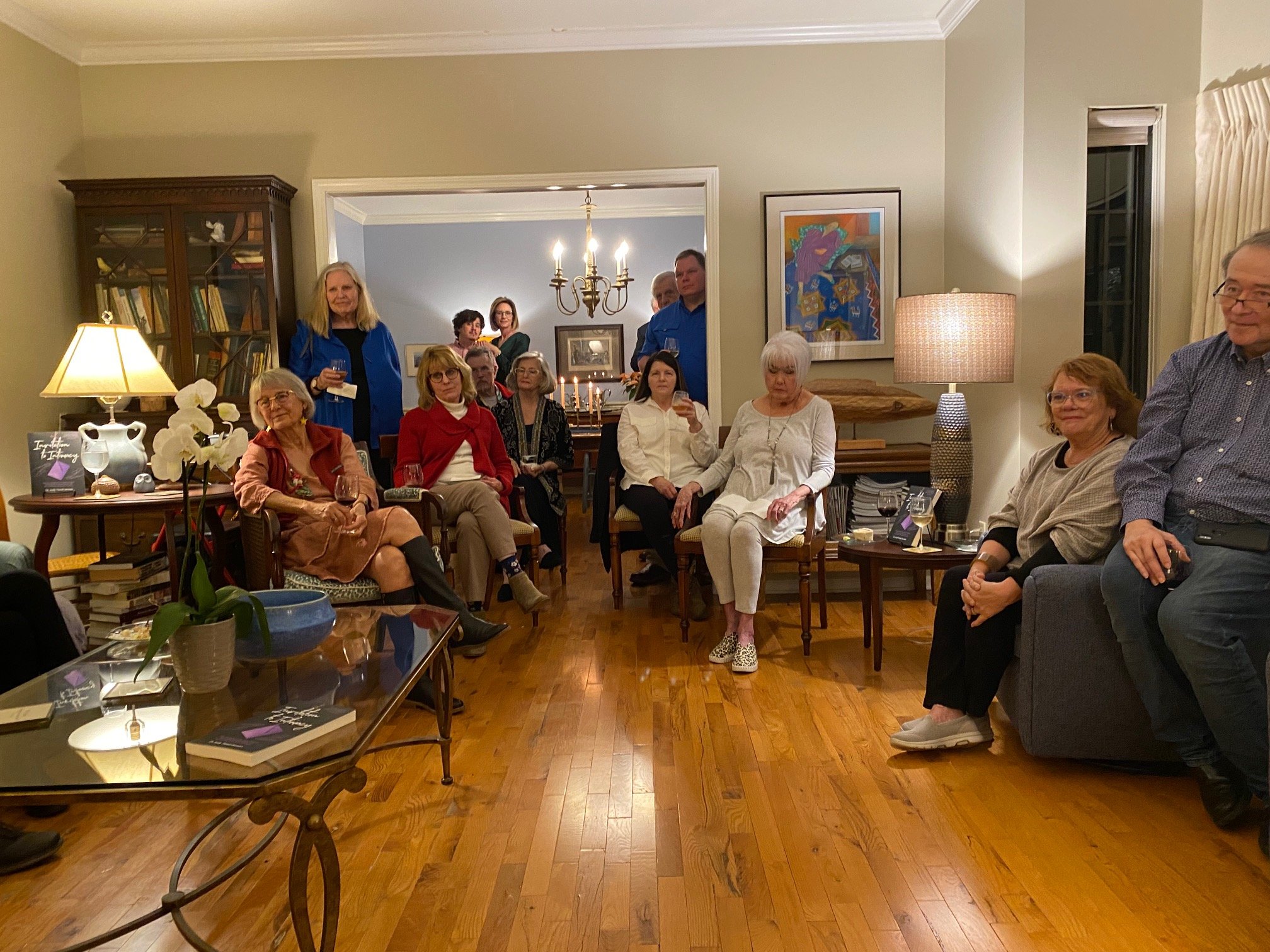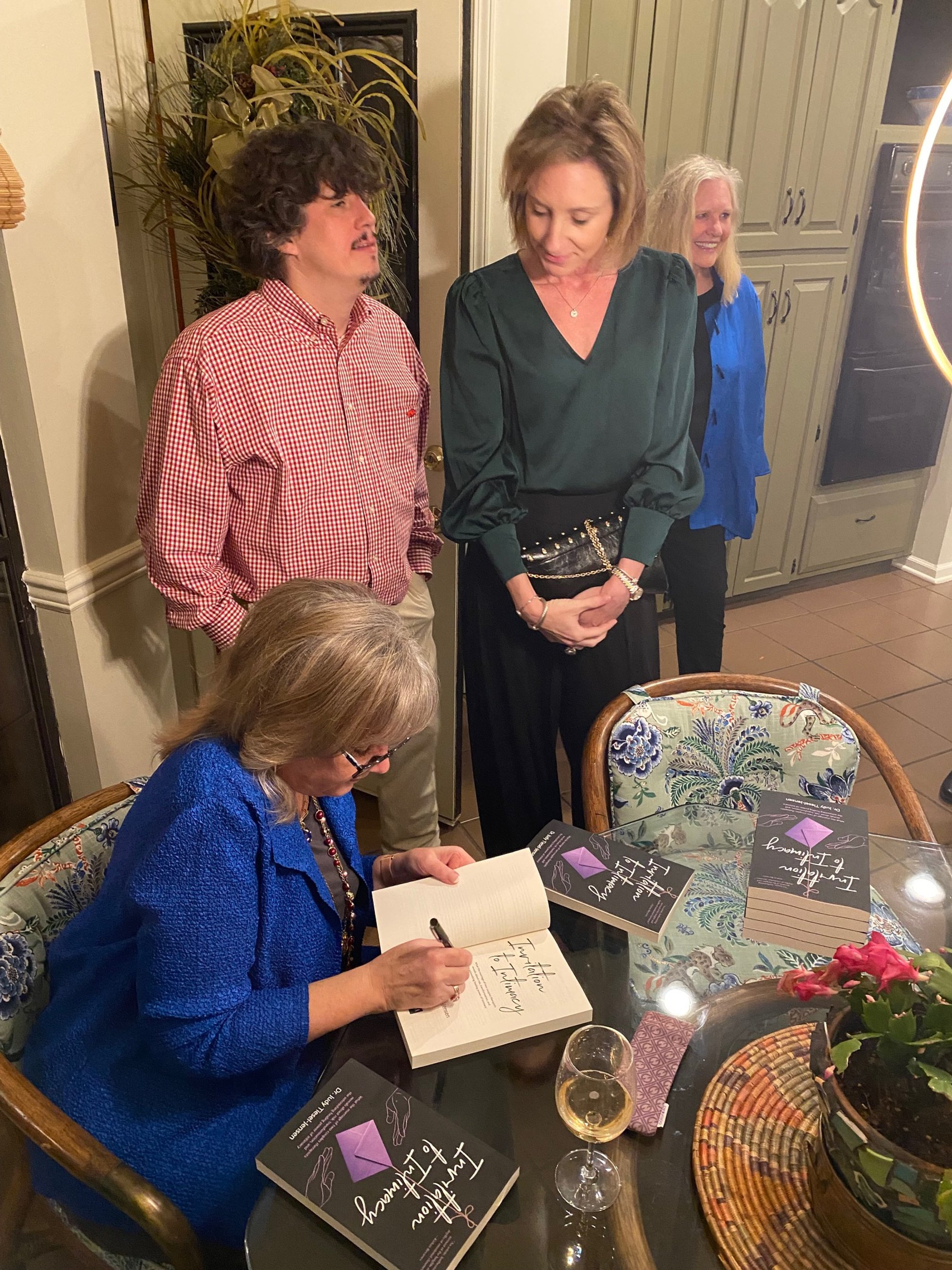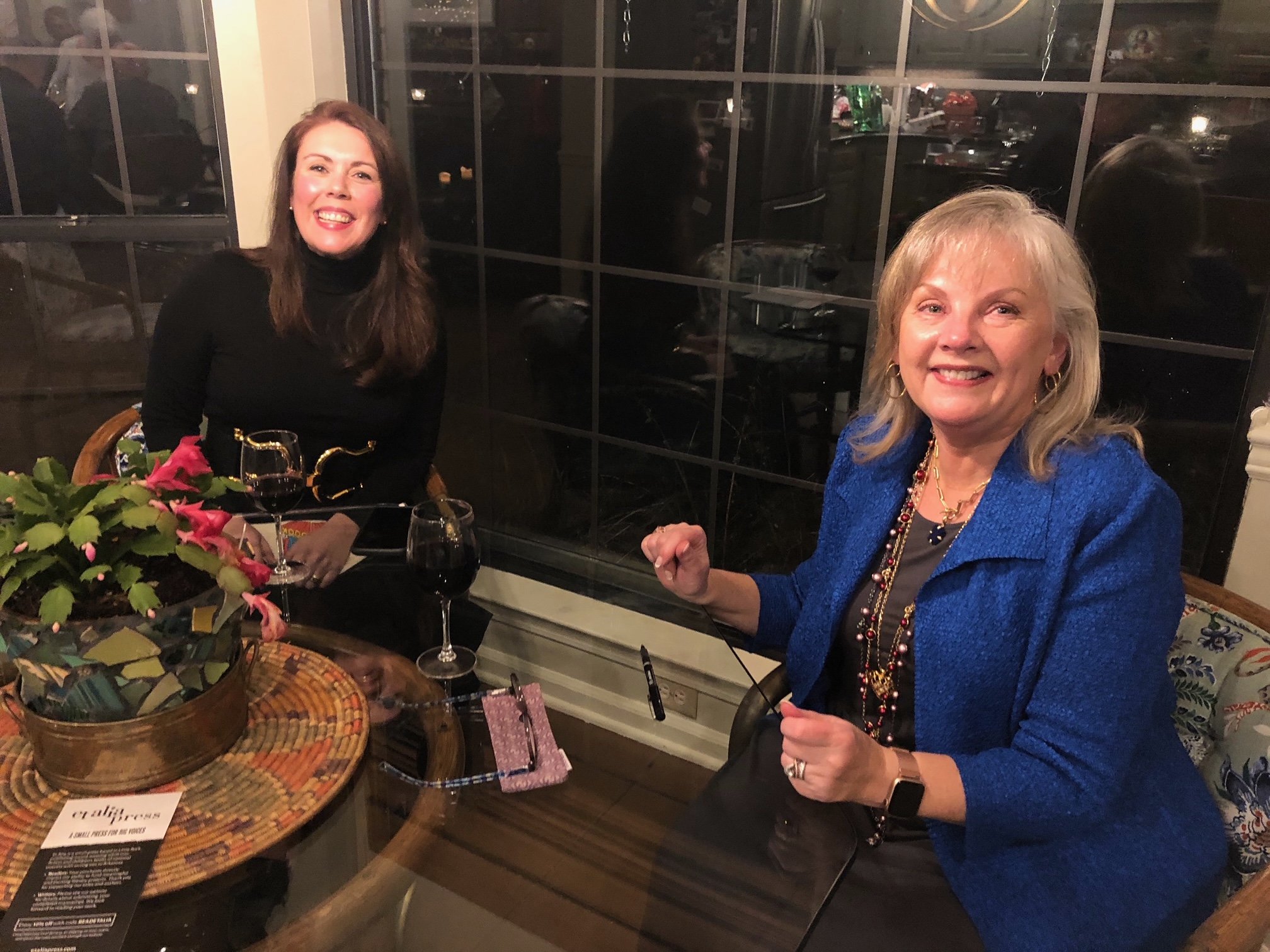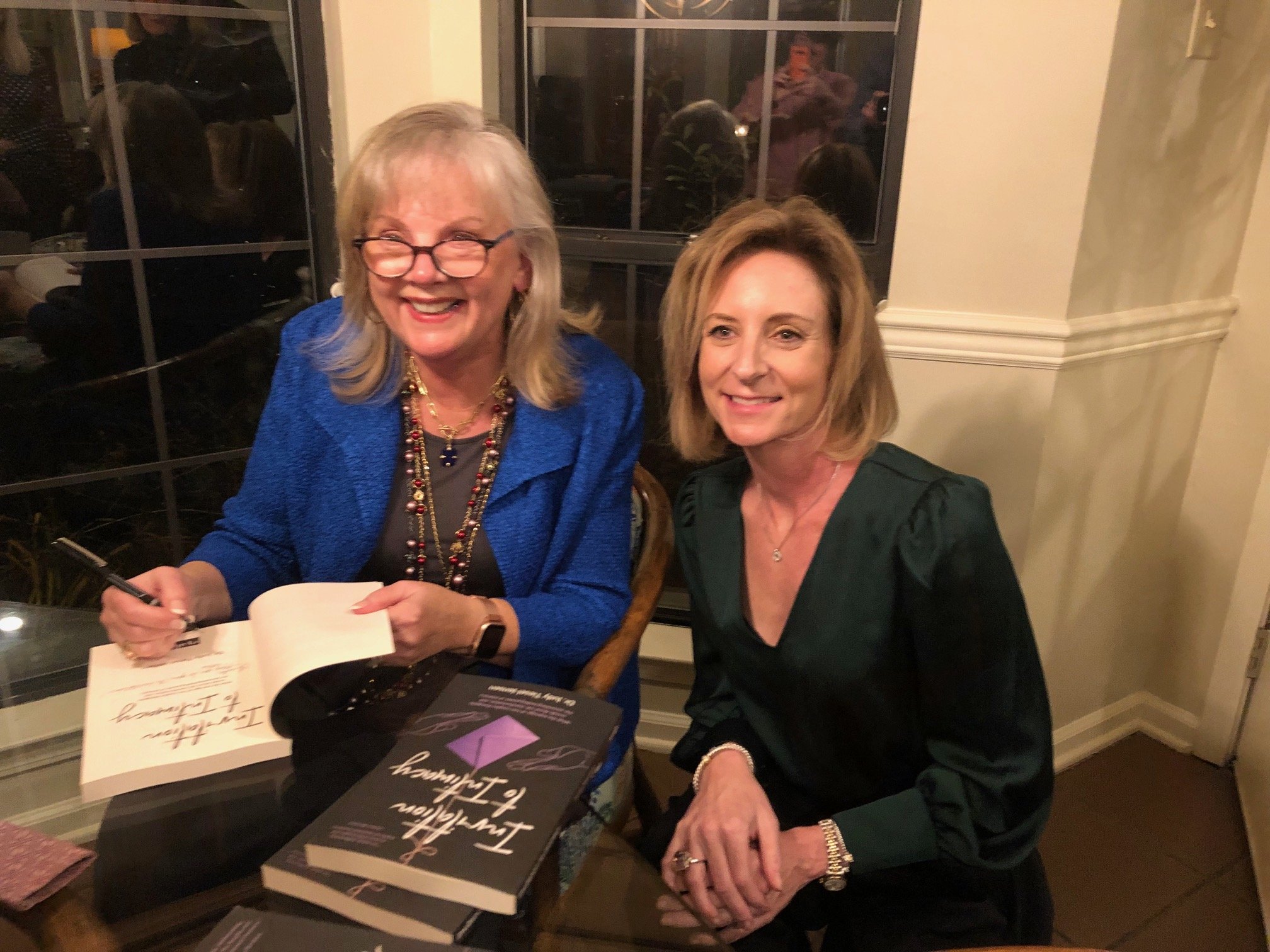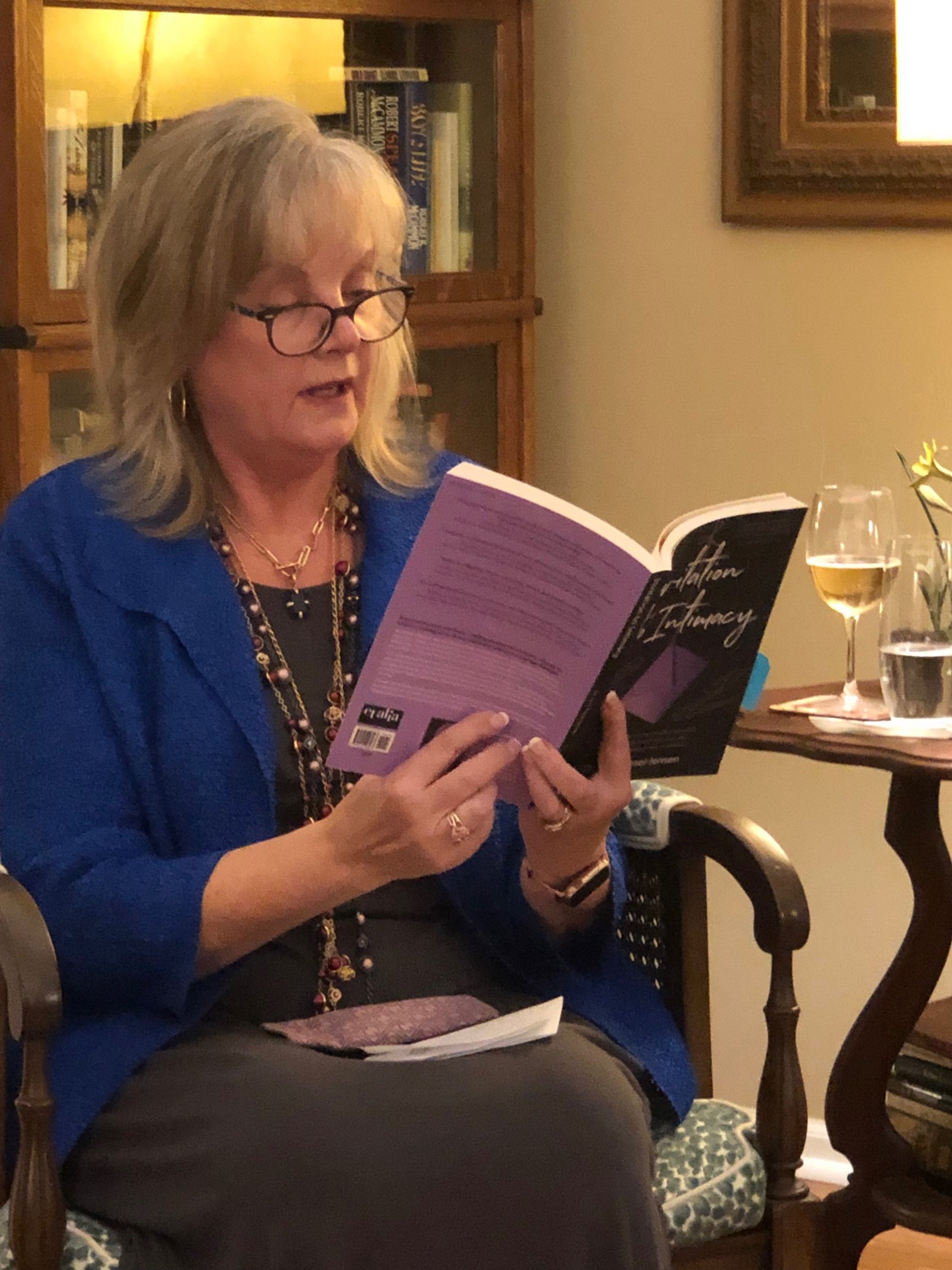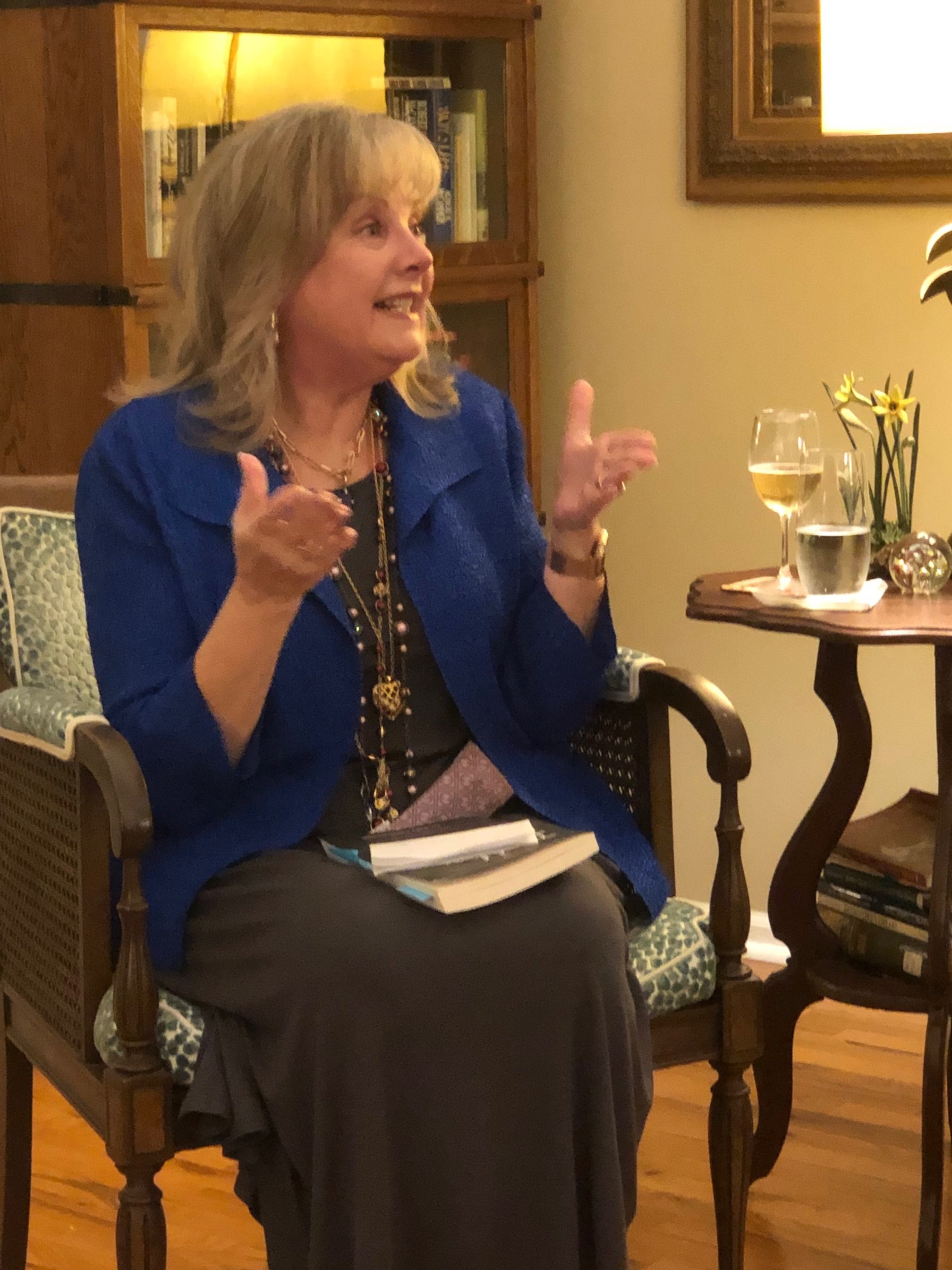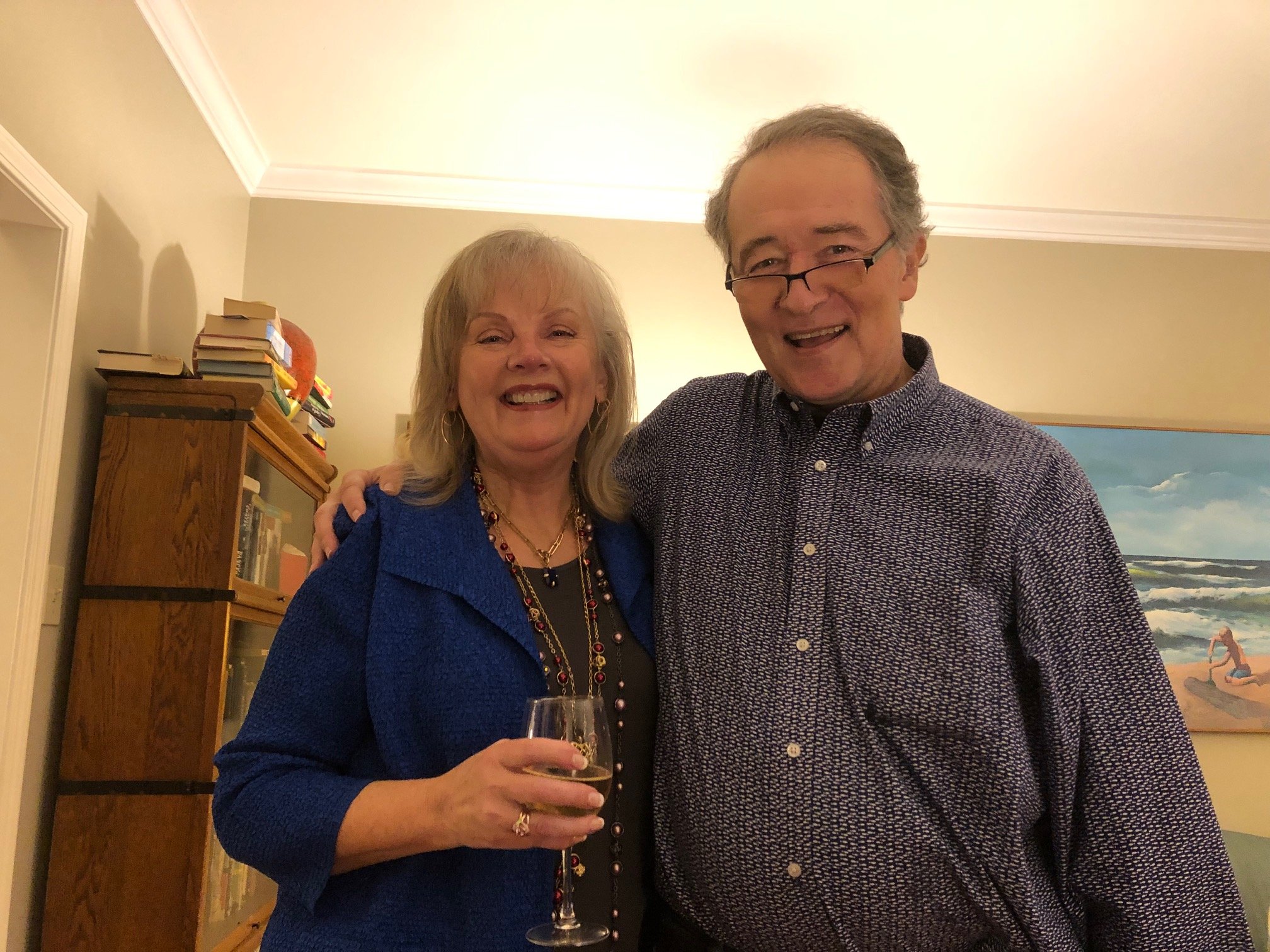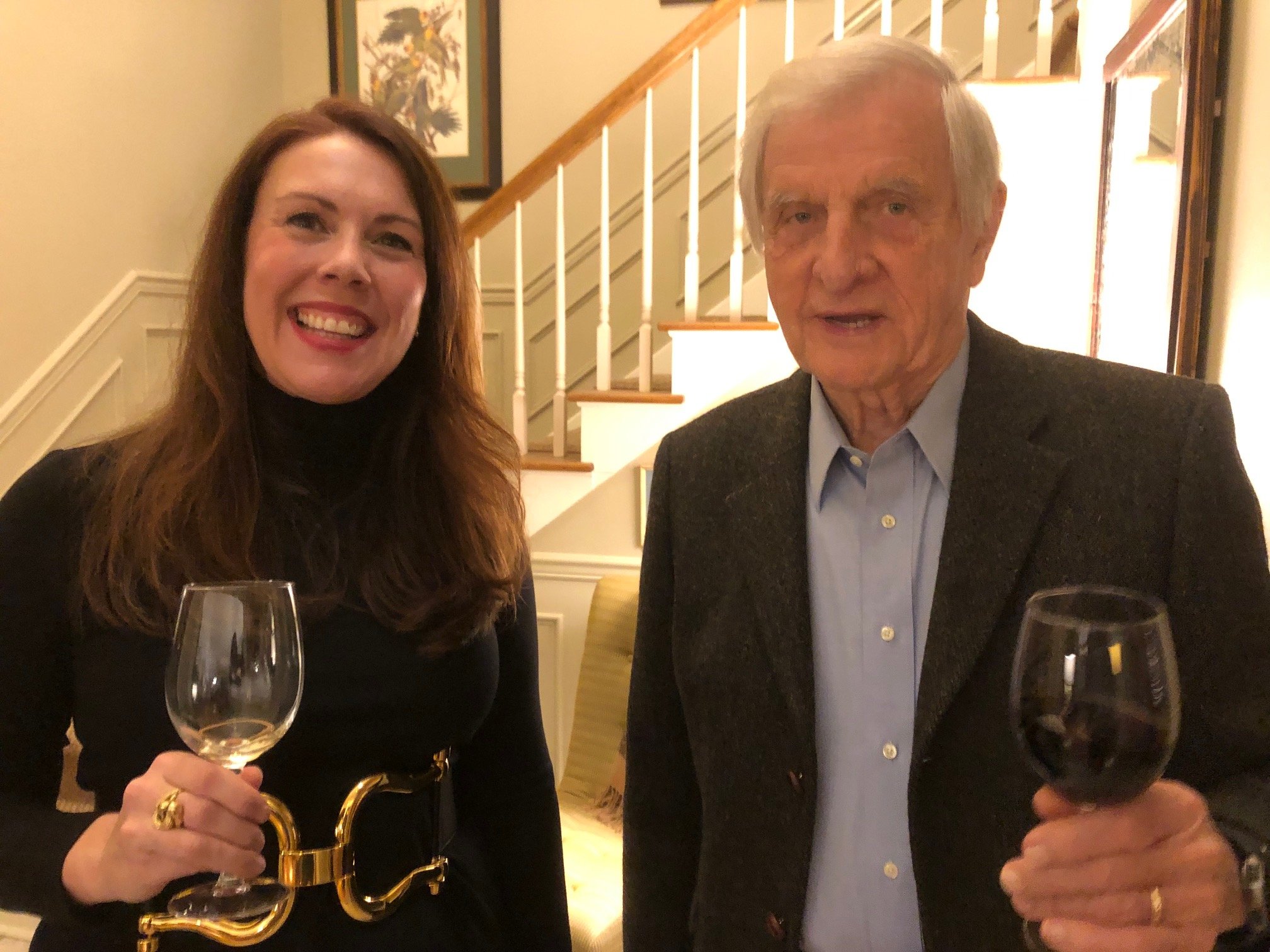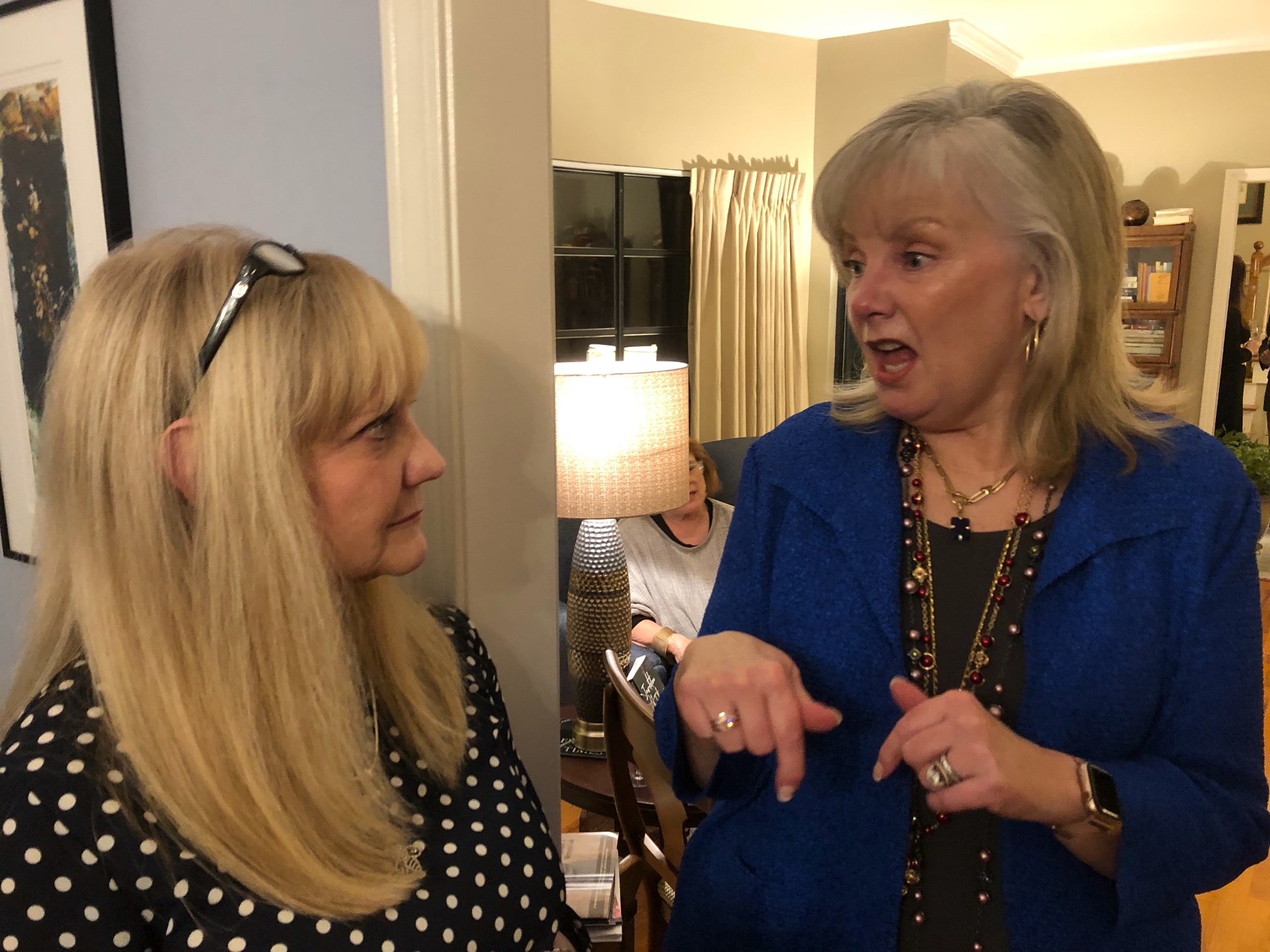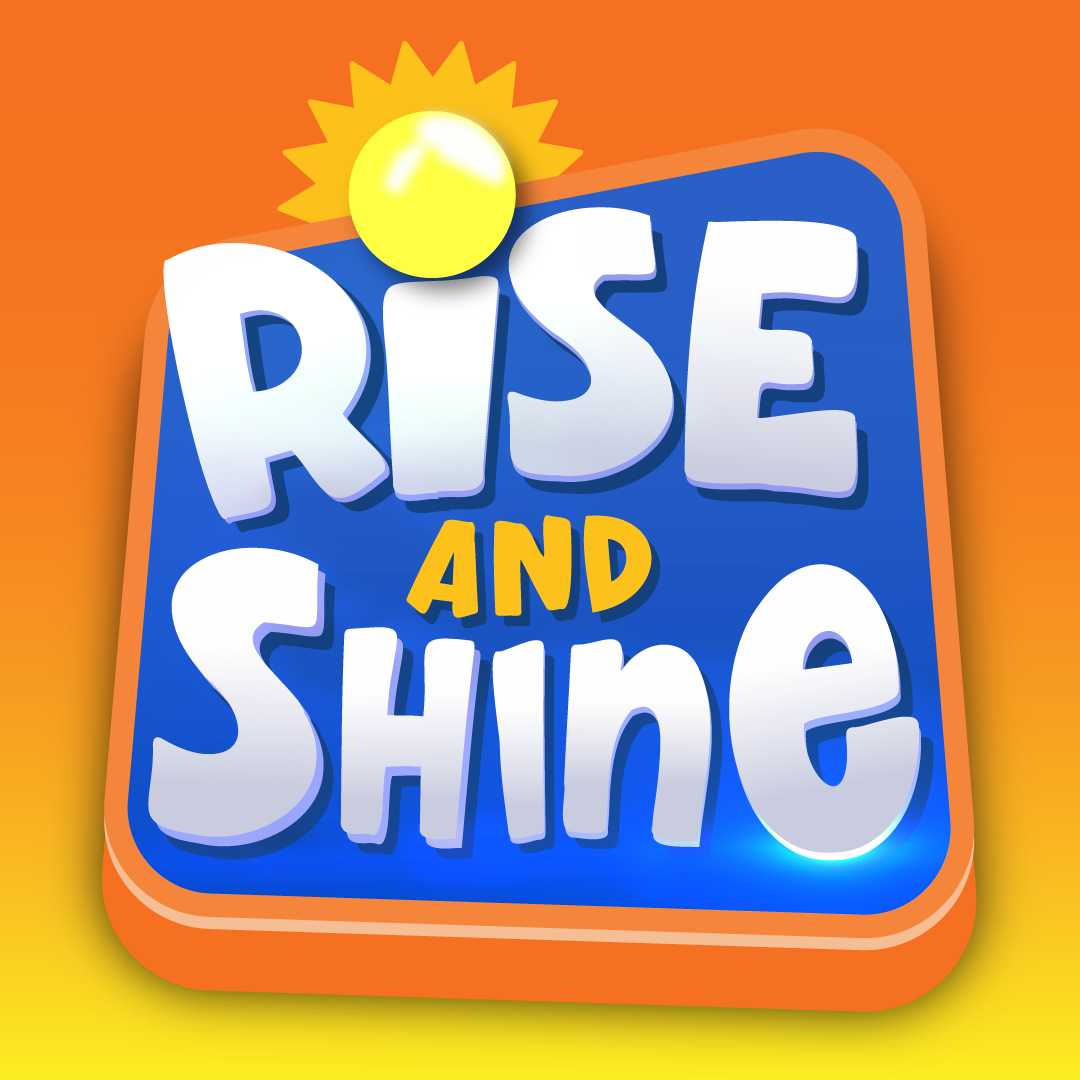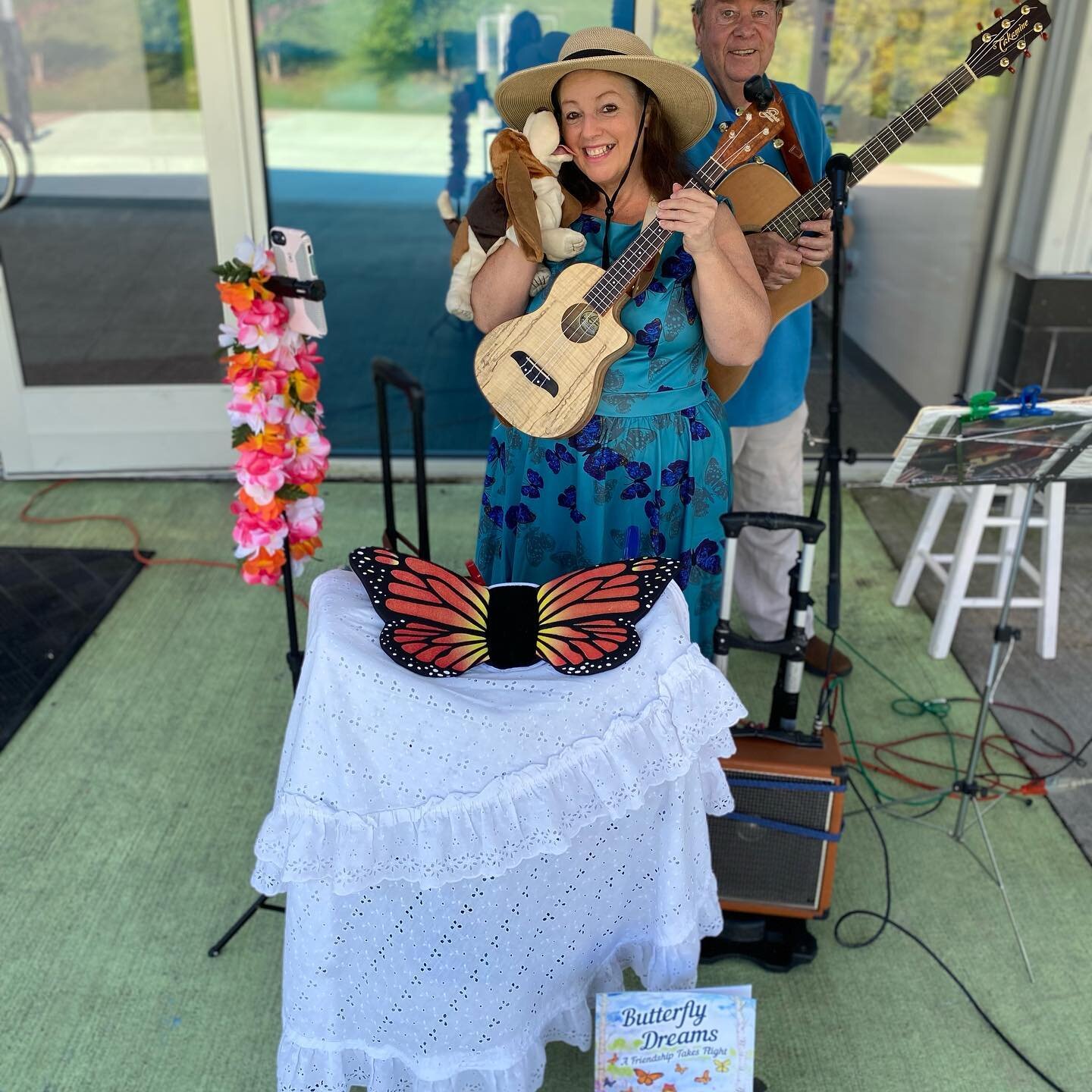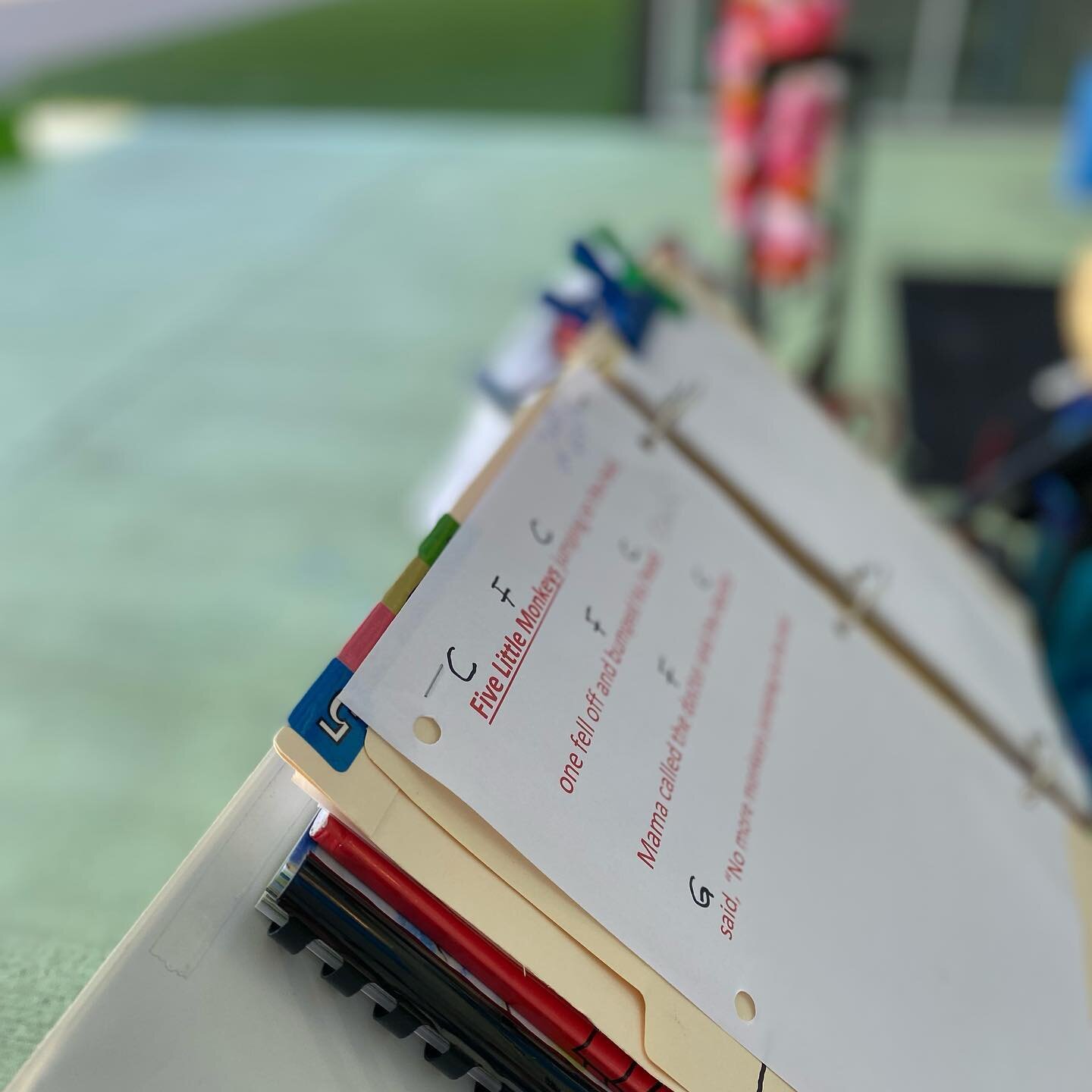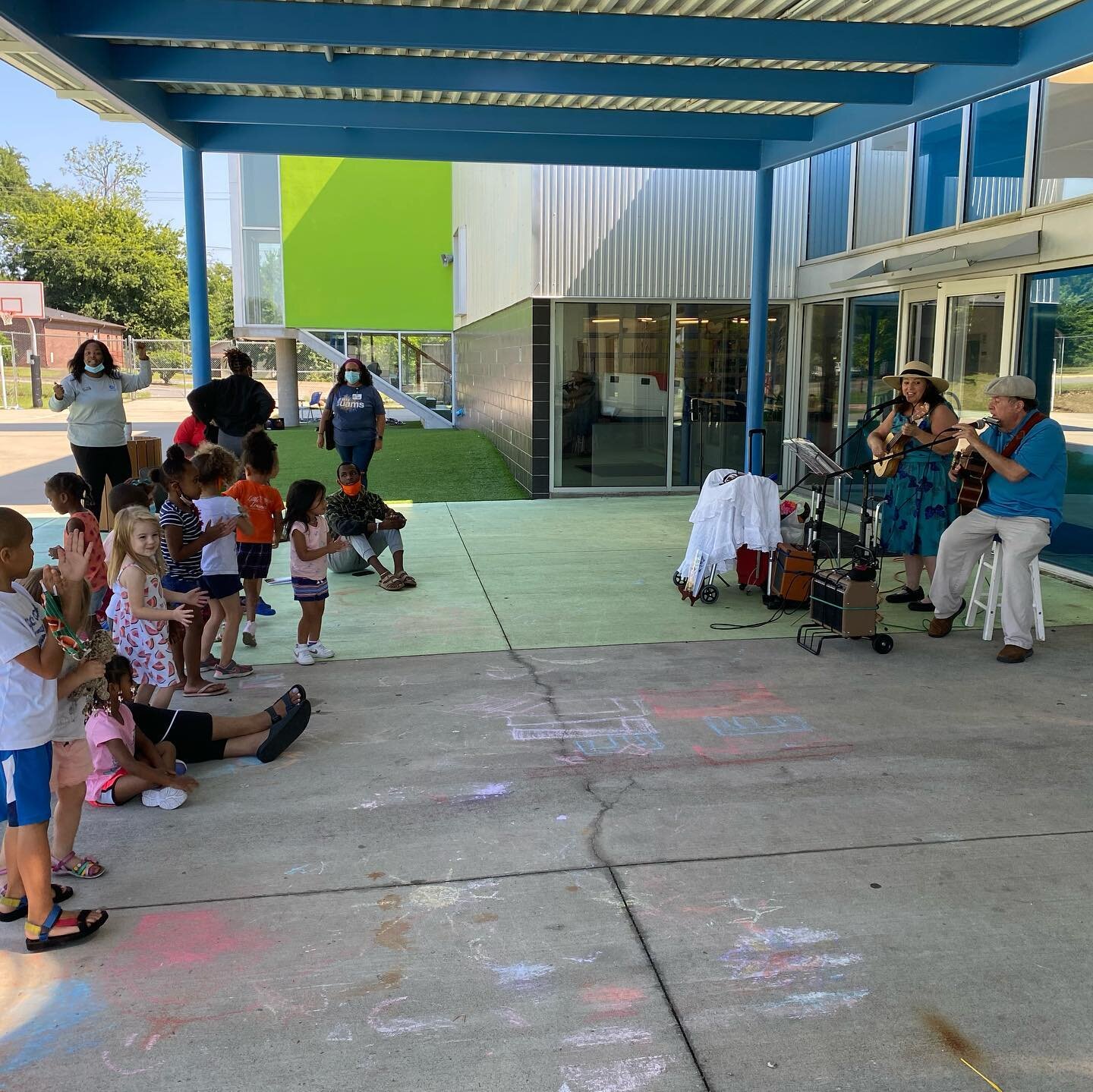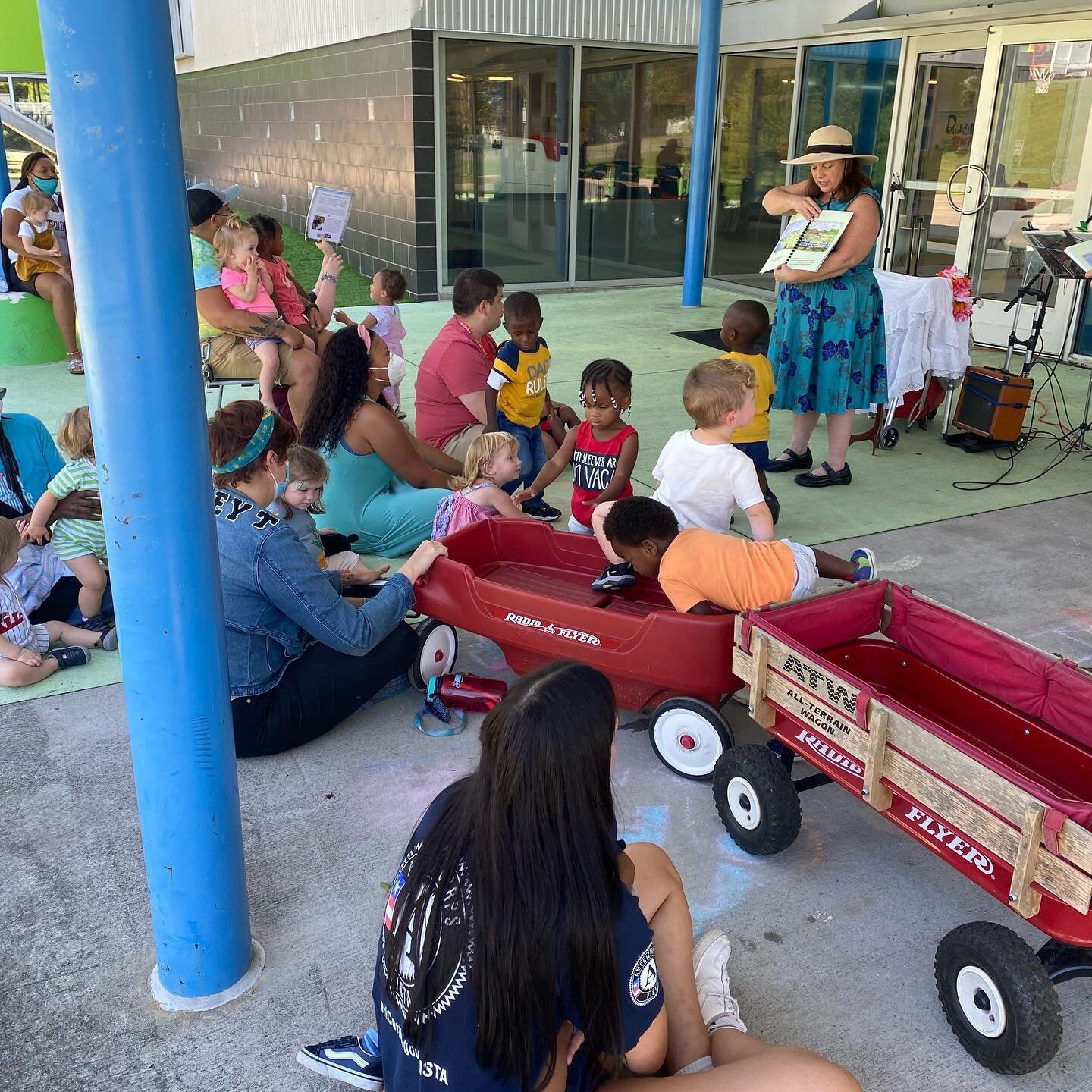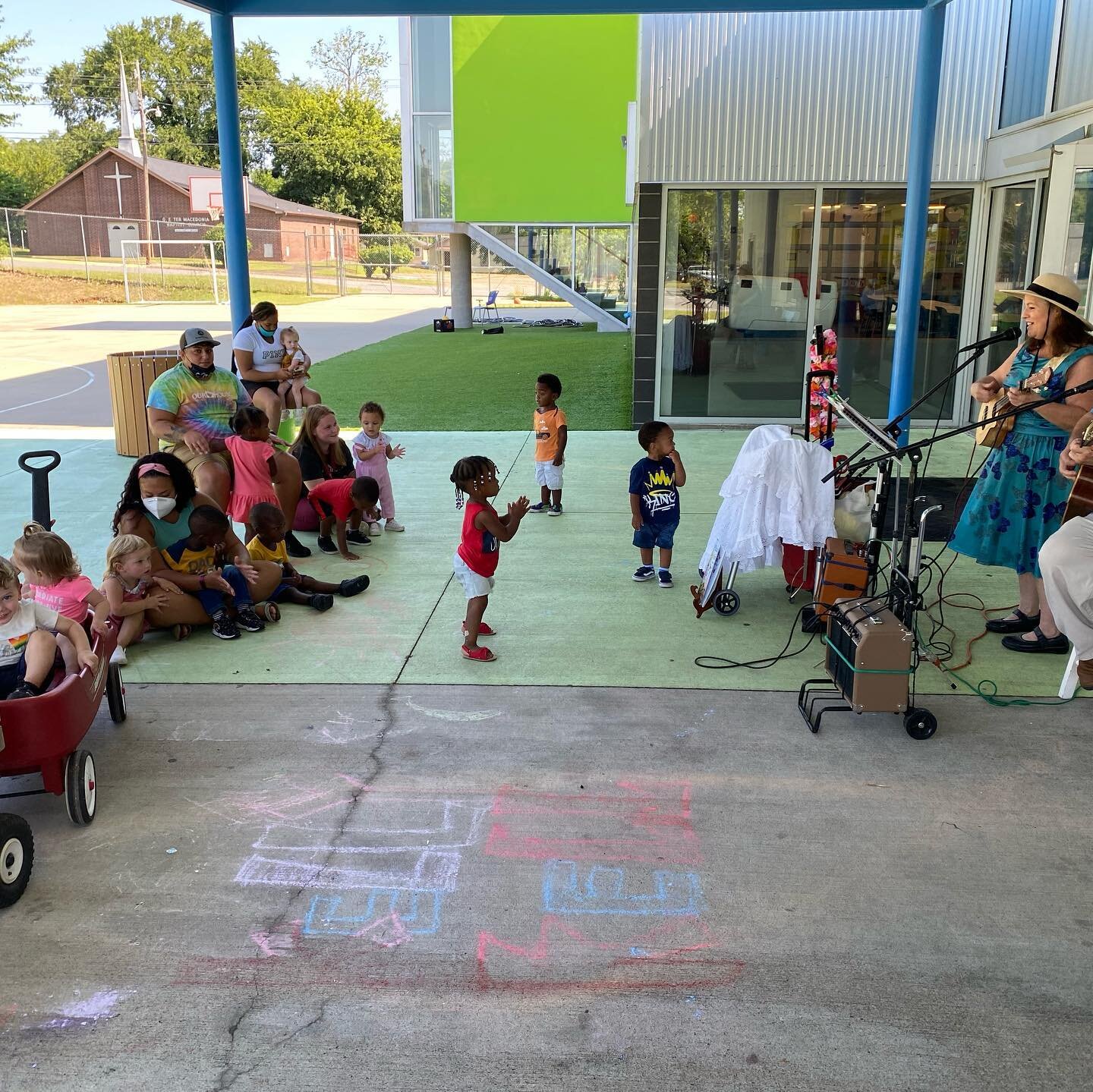Et Alia is so pleased to welcome the first therapist author to the Et Alia family! Judy Tiesel-Jensen’s memoir, Invitation to Intimacy, is forthcoming in late fall/early winter 2021.
Through the innermost workings of the 35-year relationship between two marriage therapists, you’re invited to reconsider the meaning and power of intimacy.
ABOUT INVITATION TO INTIMACY:
Much more than “just sex,” true intimacy flows from often-inadvertent invitations to be deeply known to another, and both the spontaneous and soul-searching decisions about whether to accept the invitations we’re offered. Perhaps our strongest emotional desire is to feel understood, received, and loved in our closest relationships. Yet to be known and to know another deeply, especially in the context of marriage, we risk pain, loneliness, and betrayal. Is intimacy worth the risk?
This candid memoir begins with a husband’s dramatic diagnosis and weaves marital flashbacks and counseling sessions into the progression of his disease. Despite their degrees, licenses, and the specialized knowledge they shared daily with their own clients, they faced the same challenges as everyone in lasting relationship. What would sustain them through the darkest nights of their marriage?
Through the everyday decisions and extraordinary movements that compose one marriage between two therapists, we see what is possible for every couple—the exhilarating, frightening, and ultimately healing power to accept invitations to intimacy in our lives.
ABOUT JUDY:
Judy Tiesel-Jensen pursued a Ph.D. in Marriage and Family Therapy to fulfill her long-held interest in couple relationships. From early in her first marriage, she and her late husband – also a licensed counselor – led parenting workshops, marriage enrichment retreats, and eventually saw couples together in counseling. She is a Licensed Marriage & Family Therapist and Psychologist Emeritus, and holds professional memberships in American Association of Marriage & Family Therapists (AAMFT), and EMDRIA (Eye Movement Desensitization & Reprocessing International Association). She was also among the first to get advanced training in Discernment Counseling.
Judy has been a therapist for over thirty years; Her private practice of over twenty years in the Minneapolis-St. Paul area specialized in couple/marriage therapy and trauma.
She taught marriage and family therapy students for over twenty years, was lead researcher for the Minnesota Family Strengths Project, and has served on boards locally and nationally for family organizations. She received the Distinguished Service Award from the Minnesota Marriage & Family Therapy Association. She has published in the family area, spoken at local and national conferences, and has been a resource for media inquiries regarding couple relationships.
Judy now is creatively retired and lives in Arkansas with her husband, Peter, with whom she offers consultations. Together they have eight children and fifteen grandchildren. She enjoys life on the river and watching pelicans from her writing desk.
Growing Up (all through life) . . .
As a child, Judy (Watson) grew up in funeral homes. Whether she wanted to or not, she learned about death, loss, grief, and the healing comfort given by caring professionals.
As a young wife, Judy (Tiesel) grew up into further as the the designated “pastor’s wife” in several congregations. Whether she wanted to or not, she learned about the deeply charged emotionsnal—and often unresolved—dynamics that members invested in their congregation and clergy family. She discovered church families—like all family relationships—had potential to hurt and heal.
As a young professional, “Dr.” Judy (Watson Tiesel) had more growing up to do as she finished her doctorate, taught therapy students, and developed a clinical practice while juggling the demands of three kids. Her source of strength, encouragement, and honest challenges through this phase was her husband, Reuel (“Rhoo-el”). wanted to convert her personal and professional understandings into ways of bringing insight and healing to clients. Because her own marriage so galvanized her growth, she knew the potential of close relationships to both inflict the deepest pain and provide the most profound healing.
As a new widow, Judy suffered the other side of grief from what she had witnessed as a child, pastor’s wife, and therapist. She was on the receiving end of loving expressions of care, which eased tThe all-consuming pain of loss. was abated by the expressions of love and care. A seed began to grow was planted that the story of her marriage might inspire, challenge and stir others to greater intimacy.
As a new wife in a second marriage, Judy (Tiesel-Jensen) accepted another, different invitation to intimacy, discovering new crevices and clefts in herself as she ventureds into a new relationship. Whether she wanted to or not, she discovered, happily, that she was not done growing up.


